
The International Institute for Middle-East and Balkan Studies (IFIMES)[1] from Ljubljana, Slovenia, regularly analyses developments in the Middle East, the Balkans and around the world. IFIMES has prepared an analysis of the situation eight months after Russian invasion on Ukraine. The most relevant and interesting sections from the comprehensive analysis entitled “Ukraine 2022: Russia’s nuclear sabre-rattling” are published below.
Ukraine 2022:
Russia’s nuclear sabre-rattling
With the Russian-Ukrainian war entering its eighth month and a stalemate along the front lines, Russian President Vladimir Putin ordered on September 21, 2022, the first military mobilization in the country since World War II, warning the West that if it continued what he called its “nuclear blackmail” Moscow would respond with the might of all its vast arsenal. “If the territorial integrity of our country is threatened, we will use all available means to protect our people – this is not a bluff,” Putin said in in his speech, which was broadcast on Russian television.
Russian Defence Minister Sergei Shoigu presented the new Russian military tactics, with the partial mobilization of 300,000 reservists and the implied use of nuclear weapons during operations in Ukraine.
The escalation of menacing rhetoric started a day after the pro-Russian authorities in the four Ukrainian regions of Luhansk, Donetsk, Kherson and Zaporizhzhia announced that referendums on annexation to Russia would be held from 23 to 27 September 2022. First Vice-Chair of the Foreign Affairs Committee in Russia’s Federation Council Vladimir Dzhabarov responded to the West’ first reaction, which came from Germany, stating that the opinion of the Europeans had no value and that the unification of East and West Germany should be regarded as illegitimate, because there had been no referendum and no one had asked the citizens of East Germany for their opinion.
The “referendums” in the Russian-dominated regions of Ukraine were organized in great haste, and within three days of implementing those measures, Moscow announced that a 99% majority of the population of those regions had voted to join Russia. On September 30, 2022, three days after the referendum, Vladimir Putin announced the annexation of the four regions to Russian federation. At the ceremony Putin said the residents of annexed regions have become “Russian citizens forever”, demanding Ukrainian government (which he described as “the Kyiv regime”) “to respect the will of the people”, or else “We will defend our land with all our strength and all our means.”
Phrases such as “the will of the people” and “the right to self-determination” have no meaning when put aside the pictures of mass graves discovered in areas from where the Russian army has withdrawn and pictures of Russians fleeing mass conscription into any country that accepts them. The statements made by Russian officials have been mainly focused on threats to use nuclear weapons.
Thus, Russian President Vladimir Putin has stated on several occasions during the Russian-Ukrainian conflict that Russia has nuclear weapons and will use them in a moment of extreme necessity, i.e. if the territorial integrity of the Russian Federation is threatened by the West. Putin keeps reminding the world that Russia possesses nuclear weapons, though with an emphasis on Russian nuclear doctrine. This is not a new doctrine, but goes back decades, to the period when the USSR produced its first nuclear bomb, and carried out the first testing on August 29, 1949. Moscow renewed this doctrine on March 1, 2018 when President Putin delivered a speech in which he confirmed that Russia was ready to use its nuclear weapons to defend against any aggression that threatens the existence of Russia and its allies. Among its allies there are also two Arab states: Algeria and Syria.
There were some preliminary indications, such as Russia’s intervention in Syria to prevent the collapse of Bashar al-Assad’s regime and breakup of the country. Another goal was to provide Algeria with advanced weapons, including Iskander and Kalibr missiles, and S-400 missile systems, as a deterrent against any Western intervention in this North African country after the fall of Muammar Gaddafi’s regime in 2011, during the “Arab Spring” period, where Russia lost its traditional ally.
In turn, the US promotes a similar nuclear doctrine as Russia: Washington would use nuclear weapons to defend not only the US but also its allies. During his visit to Tokyo in May 2022, US President Joseph Biden stated that the US would defend Japan with nuclear weapons if Japan was attacked.
The nuclear deterrence policy
Russia’s repeated threats to use nuclear weapons is regarded as a part of the deterrence policy it inherited as a result of the new world order that emerged after World War II, when the victors and wartime allies split their paths to become rivals and even potential enemies, dividing the world into the West and the East. At the end of 1940s Washington and London were analysing the possibility of waging a war against Russia in order to eliminate the communist regime. The Commander of the Strategic Air Command, the United States General Curtis LeMay[2]., designed a hellish plan to throw 300 nuclear bombs and 30 000 conventional bombs on Russia and some eastern Europe capitals, to destroy 85% of the industrial power of Russia and the countries in its orbit. The plan was frozen after Moscow carried out its first nuclear test in 1949. Thus for the West nuclear weapons were no longer offensive weapons, but became its capacity for defence and deterrence, while launching a nuclear attack on any country became a difficult, if not impossible task. The use of nuclear weapons would mean the death of millions of people in the first moments and in the following decades, and the destruction of most centres of human civilization. Therefore the use of nuclear weapons remains unfeasible and no country would dare to mobilise them unless its very existence was at stake.
The use of tactical nuclear weapons
However, there is quite high probability of using tactical nuclear arms either by the US, Russia or any other state that possesses tactical nuclear weapons. The destructive power of tactical nuclear weapons is far more limited as they are designed to be used against strong military fortifications, troop formations or large warships, unlike strategic nuclear weapons that destroy entire cities. For example, the US threatened Iran with the use of tactical nuclear arms to destroy underground nuclear laboratories should Tehran continue with its military nuclear programme.
The West believes that Putin’s threat to use nuclear weapons was primarily aimed at targeting military infrastructure in Ukraine, if the West provides the Ukrainian army with ballistic missiles for targeting Russian territory. That means that Moscow would respond with dozens of times larger destructive power should those ballistic missiles be used. The US rushed to calm Kremlin that the West would not provide Ukraine with ballistic missiles. Some European countries refused to send even classic weapons to Ukraine. For example, Germany does not want to provide the Ukrainian army with Leopard tanks.
Western media have been dramatically overemphasizing the situation by talking about Kremlin’s nuclear threats, showing that Russian forces in Ukraine are surrounded and that there is no escape for them except to resort to classic nuclear or at least tactical weapons. Independent analysts believe that nuclear weapons for now remain part of the policy of showing military superiority, deterrence and intimidation (Deterrence theory)[3]. Nevertheless, the question remains whether Russia will use it.
Putin’s messages to the world
Putin has sent two messages to the West. Firstly, he called for the recognition of the referendums in four annexed regions (Luhansk, Donetsk, Kherson and Zaporizhzhia) in order to end the war, and secondly, he mentioned the possibility of expanding this war, especially to eastern Europe. Thorough consideration should be given to the timing of Putin’s escalation of rhetoric, bearing in mind that the US is preparing for elections for the House of Representatives and a third of the Senate seats in November this year, so at this stage it is possible to put pressure on Biden’s administration. Putin’s statements also came about a week after Putin and his Chinese counterpart Xi Jinping announced that they reached an agreement on certain issues during their meeting on 16 September, 2022 on the margins of Shanghai Cooperation Organisation summit at Samarkand. Russia is aware that it lacks the capacities to use force against NATO, but it believes it can undermine the existing global balance (for example in the economy and energy fields). With winter approaching, Europe is already increasingly concerned about the upcoming energy and economic crisis.
From the grain export deal to war prisoners exchange: Can Turkish diplomacy efforts end the Russian-Ukrainian war?
A few weeks after its success in reaching the grain export deal[4] which saved the third world from starvation, Turkish diplomacy managed to implement the largest agreement on the exchange of war prisoners between Russia and Ukraine, amid continued efforts by Turkish President Recep Tayyip Erdoğan to reach a broad ceasefire agreement, which paves the way for a political solution to end Russian war in Ukraine. The reached agreements bring hope for a diplomatic solution of the conflict. Is it possible to make peace?
Since the beginning of the Russian-Ukrainian war, Türkiye has embarked on a complicated diplomatic journey which requires striking a very precise balance in relations between the two parties to the conflict. Turkish diplomats managed to avoid making a single mistake that could be regarded as biased support to one country to the detriment of another one, despite the fact that Türkiye provided Ukraine with Bayraktarunmanned combat aerial vehicles which have dealt devastating blows to the Russian army. Even though it gave aircraft to Ukraine, condemned the Russian invasion of Ukraine, clearly supported Ukraine’s territorial integrity and condemned the annexation referendums in Russian-occupied parts of Ukraine, Türkiye at the same time took other pro-Russian stands such as “understanding Russian security needs” and condemning “West’s provocations” against Russia as well as a balanced position on the implementation of obligations from the Montreux agreement[5]on the transit of Russian ships, and even rejection to participate in Western sanctions against Russia.
Besides its “balanced position” Türkiye has taken advantage of its strategic geopolitical position to showcase its importance for all sides, which prevented the two belligerents to enter into any conflict with Türkiye for the fear of losing the benefits they gain from maintaining the political, military and economic channels of communication with Türkiye, which are of vital importance to both Moscow and Kyiv.
After a series of limited agreements related to the opening of humanitarian corridors and ceasefire, Türkiye tried to bring the two belligerents to Istanbul to reach a major political agreement to end the war, but the differences and challenges were much too big, especially as regards the guarantees, even though Ankara stated that it was ready to be a guarantor to an agreement that would be acceptable to both sides.
On September 21, 2022 Türkiye managed to reach the largest agreement on war prisoners exchange since the beginning of the war, liberating about 55 Russian and more than 200 Ukrainian prisoners of war. Having succeeded in reaching agreements on grain export deal and war prisoners swap, Turkish diplomatic efforts are currently targeted at a broader ceasefire agreement which could pave the way for the major political agreement to end the war. However, recent referendums on annexation to Russia render the final solution practically impossible.
Despite Ankara’s success in proving its neutrality towards the two belligerents, and Erdoğan’s excellent relations with the leaders of the two countries, any final solution cannot be completed without the international community’s participation to find a more comprehensive formula between Russia and NATO on expansion and threats to both sides.
However, analysts believe there is a possibility of reaching bilateral agreement if Ukraine concludes that the West did not fully support it and that it lost 15% of its territory, and that the only solution would be to reach bilateral agreement with Russia, far from the wider international strategic goals, especially those of Great Britain and Poland who want to see Russia defeated for historical reasons, going back to the 18th century in the case of Great Britain and to the 16th century in the case of Poland.
Perhaps the message from the US National Security Advisor Jake Sullivan will bring down high ambitions of Ukrainian President Volodymyr Zelenskyy. On September 30, 2022 he stated that Ukraine’s efforts to join NATO “should be taken up at a different time.” His statement contributes to alleviating Russian fears amidst Putin’s intensifying nuclear rhetoric.
Analysts believe that Türkiye’s diplomacy should be joined by another two non-aligned countries – Qatar and Serbia. In the past Qatar’s diplomacy has proven capable of reaching politically impossible agreements, such as the historical Doha agreement[6] of between the US and the Taliban on the withdrawal of foreign troops concluded on February 29, 2020. With the “Open Balkan” initiative developed for the past three years Serbia has managed to bring together some of the states in the region, including some NATO members, on the road to peace, stability and economic prosperity.
Ljubljana/Washington/Brussels/Kyiv, 13 October 2022
[1] IFIMES – International Institute for Middle East and Balkan Studies, based in Ljubljana, Slovenia, has a Special Consultative status at ECOSOC/UN since 2018.
[2] Curtis Emerson LeMay (15 November 1906 – 1 October 1990) was an American Air Force general and a right-wing politician. He was one of the most prominent American military leaders during the first decades of the Cold War. LeMay commanded military operations against Japan in World War II when atomic bombs were thrown on Hiroshima and Nagasaki in 1945. He was a fierce advocate of a pre-emptive strike against the USSR, convinced of the American superiority in nuclear weapons, which was eventually rebutted.
[3] Since the consequence of a breakdown of the nuclear deterrence strategy is so catastrophic for human civilisation, it is reasonable to employ the strategy only if the chance of breakdown is zero. Schelling, T. C. (1966), “2”, The Diplomacy of Violence, New Haven: Yale University Press, pp. 1–34.
[4] The Initiative on the Safe Transportation of Grain and Foodstuffs from Ukrainian ports, also called the Black Sea Grain Initiative, is an agreement between Russia and Ukraine with Türkiye and the United Nations made during the 2022 Russian invasion of Ukraine. The documents were signed in Istanbul on July 22, 2022. Link: www.un.org/en/black-sea-grain-initiative .
[5] The Montreux Convention is an international agreement that regulates maritime traffic through the Turkish Straits of Dardanelles and Bosporus. Signed on July 20, 1936 at the Montreux Palace in Switzerland, it went into effect on November 9, 1936, addressing the long running question over who should control the strategically vital link between the Black and Mediterranean seas. Link: https://treaties.fcdo.gov.uk/data/Library2/pdf/1937-TS0030.pdf .
[6] Agreement for Bringing Peace to Afghanistan between the Islamic Emirate of Afghanistan which is not recognized by the United States as a state and is known as the Taliban-US Agreement. Link: www.state.gov/wp-content/uploads/2020/02/02.29.20-US-Afghanistan-Joint-Declaration.pdf


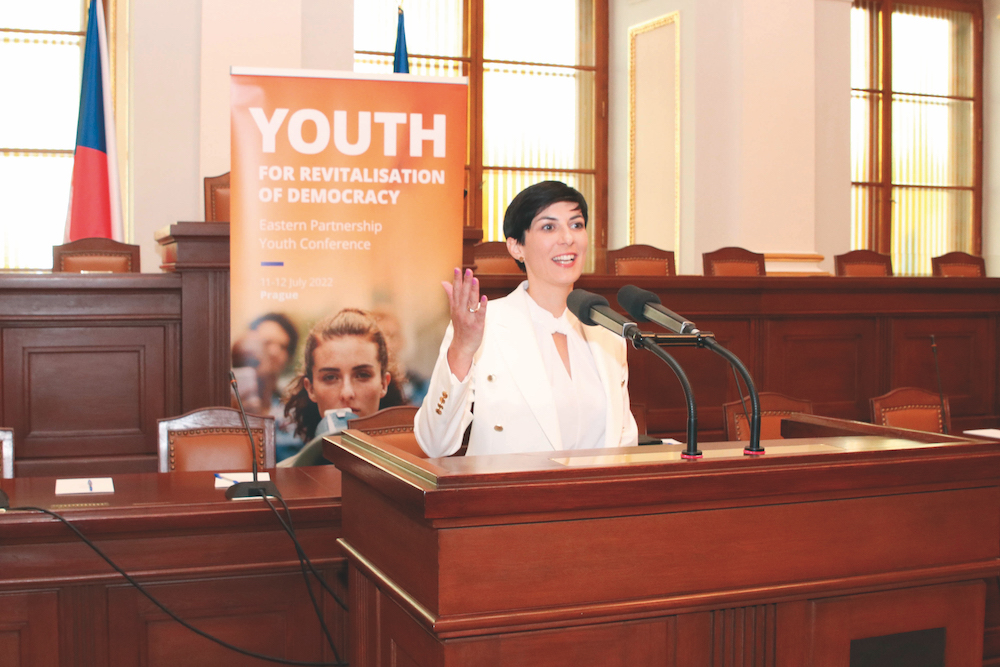
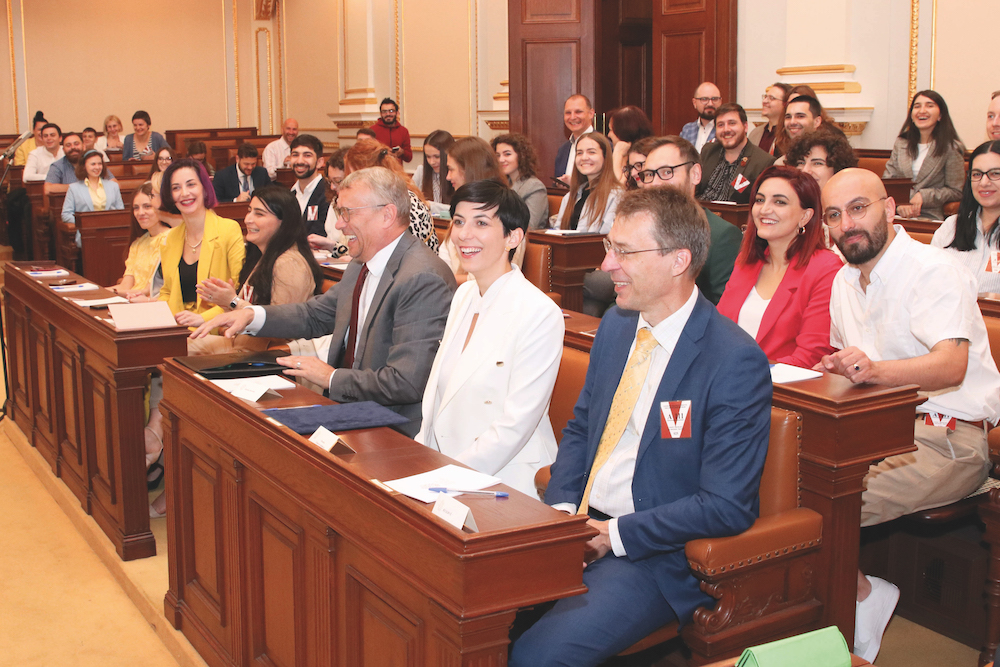
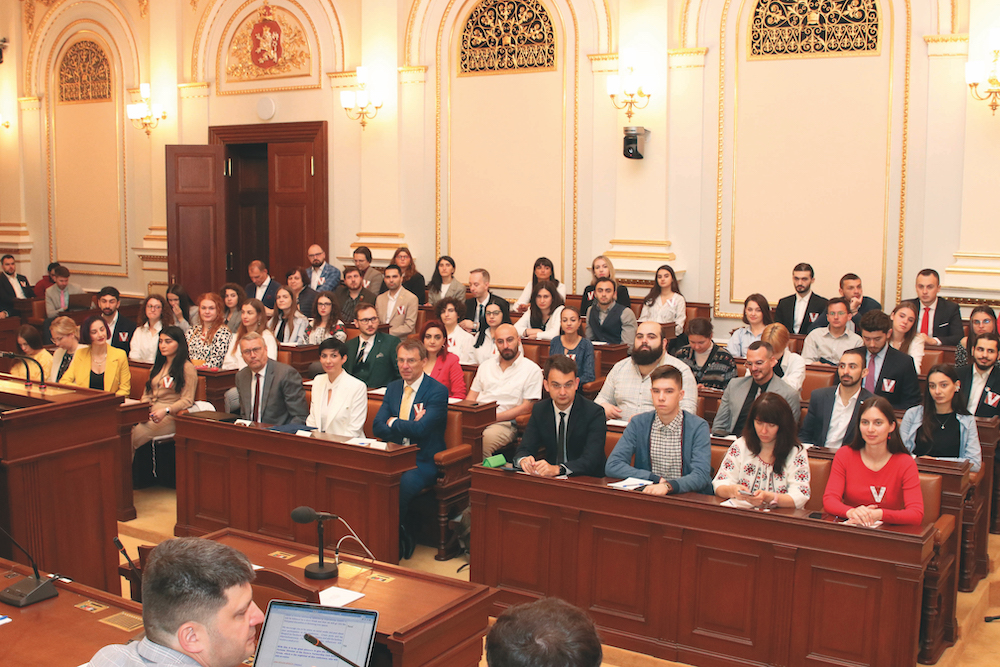
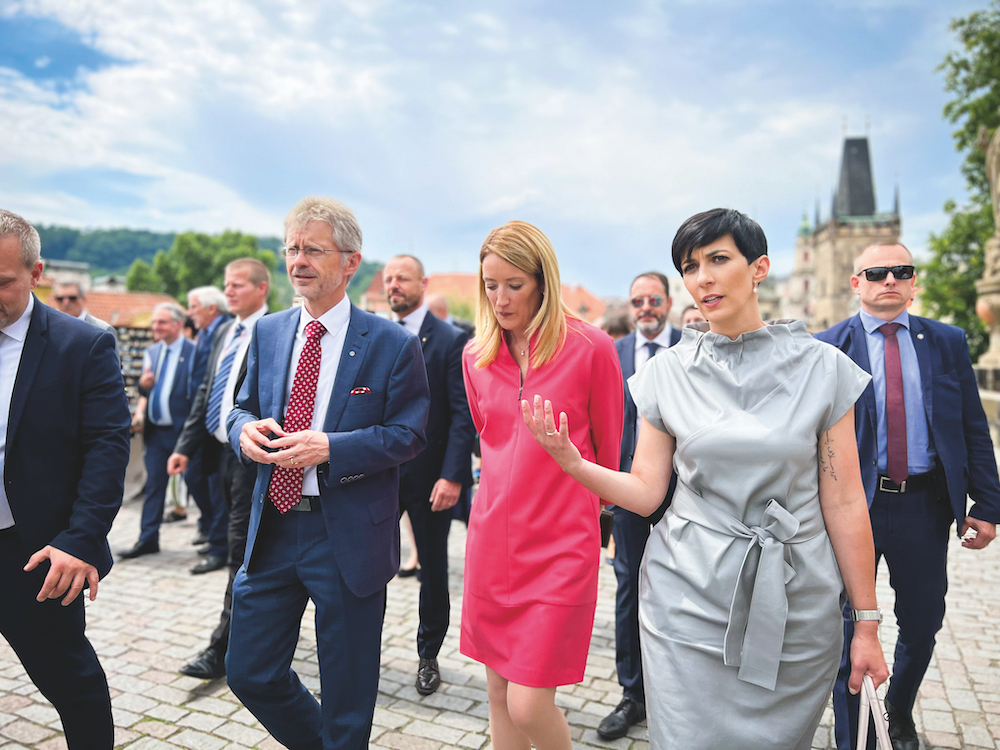
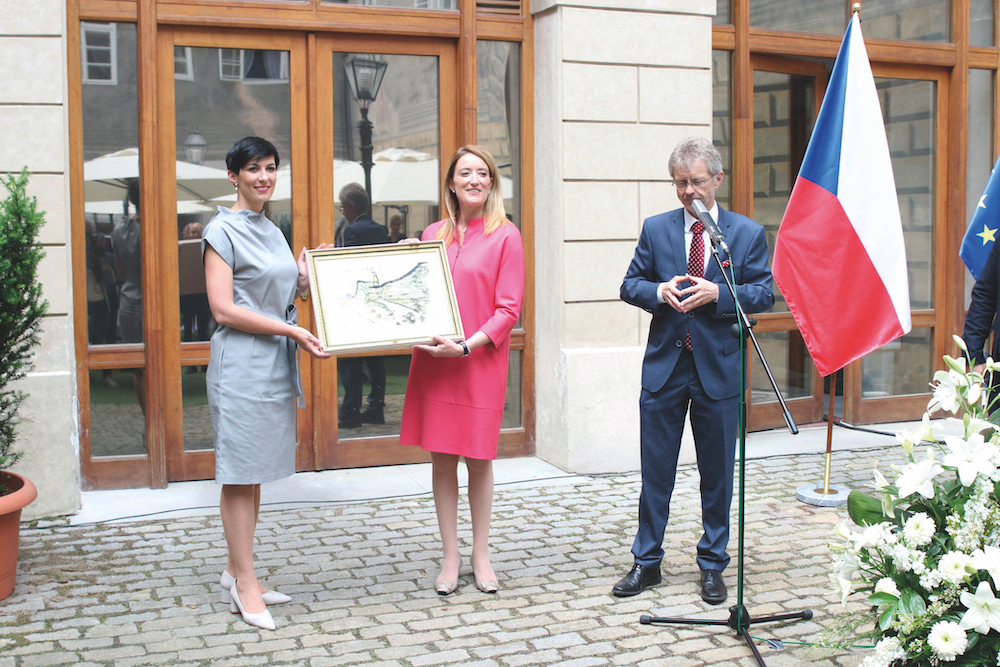
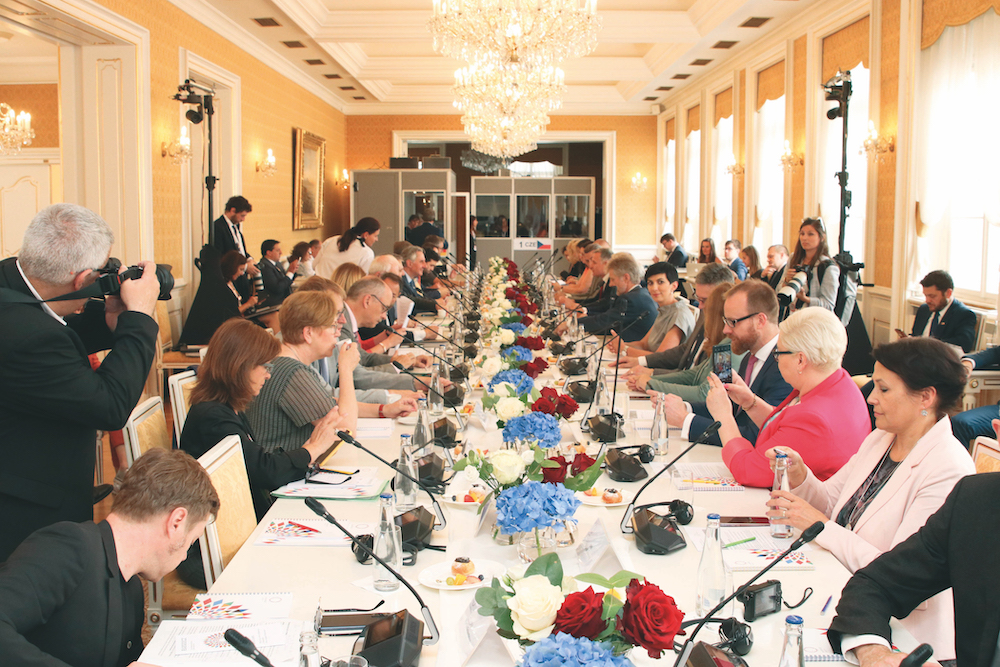
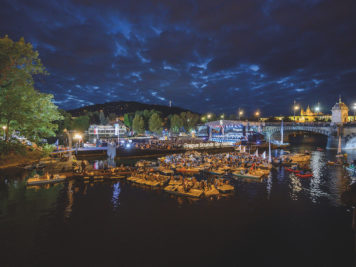
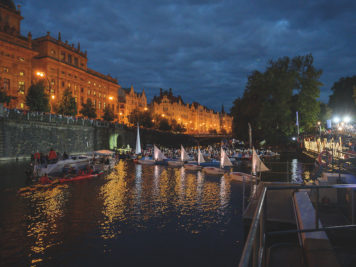
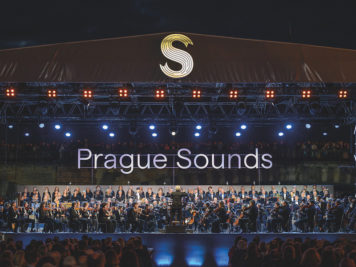

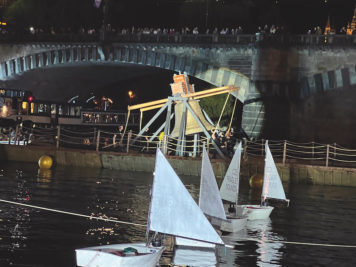
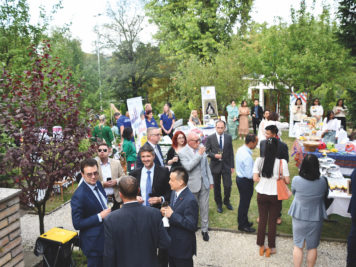
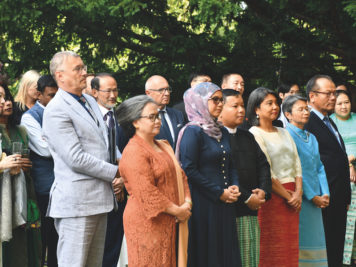
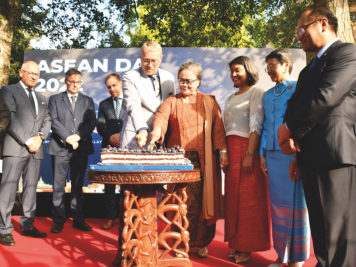
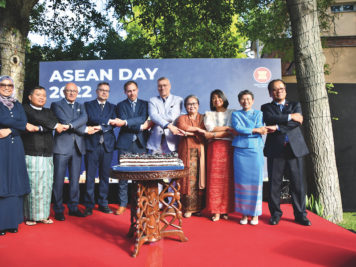
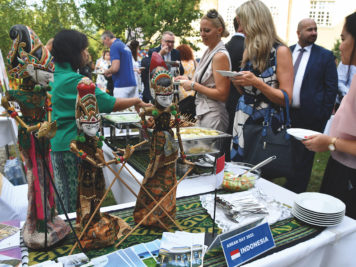
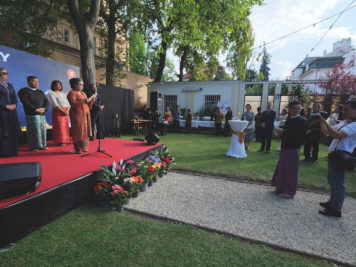
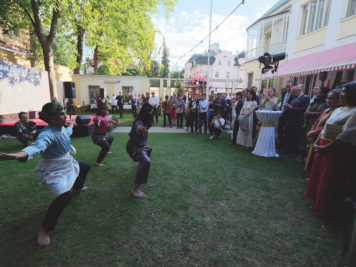
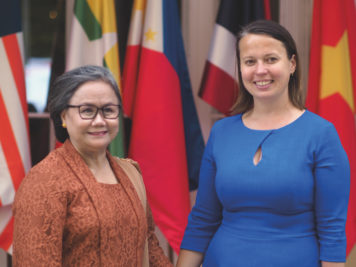
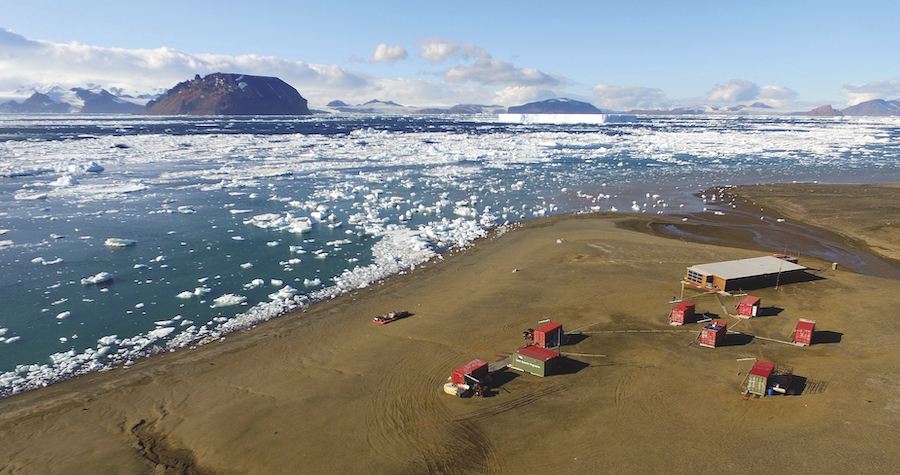

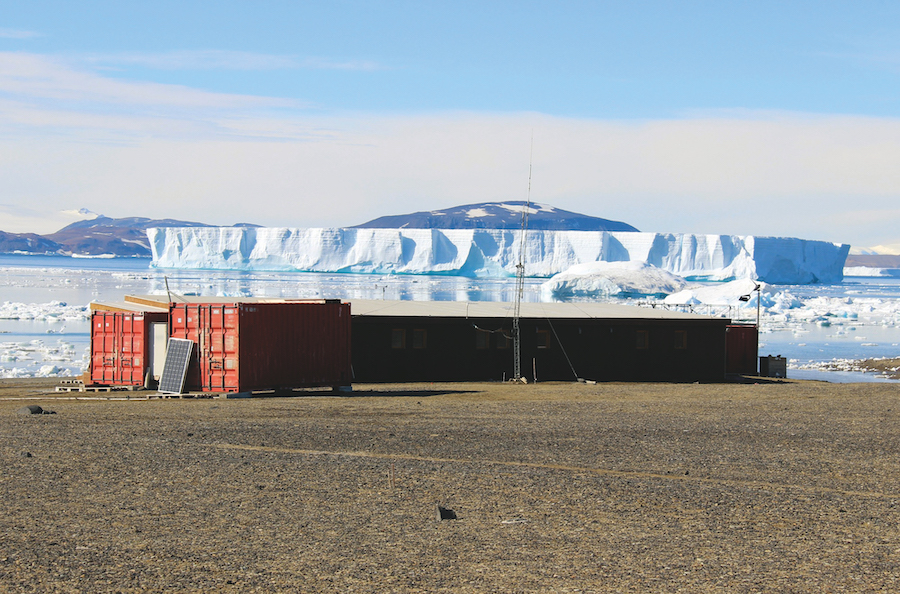
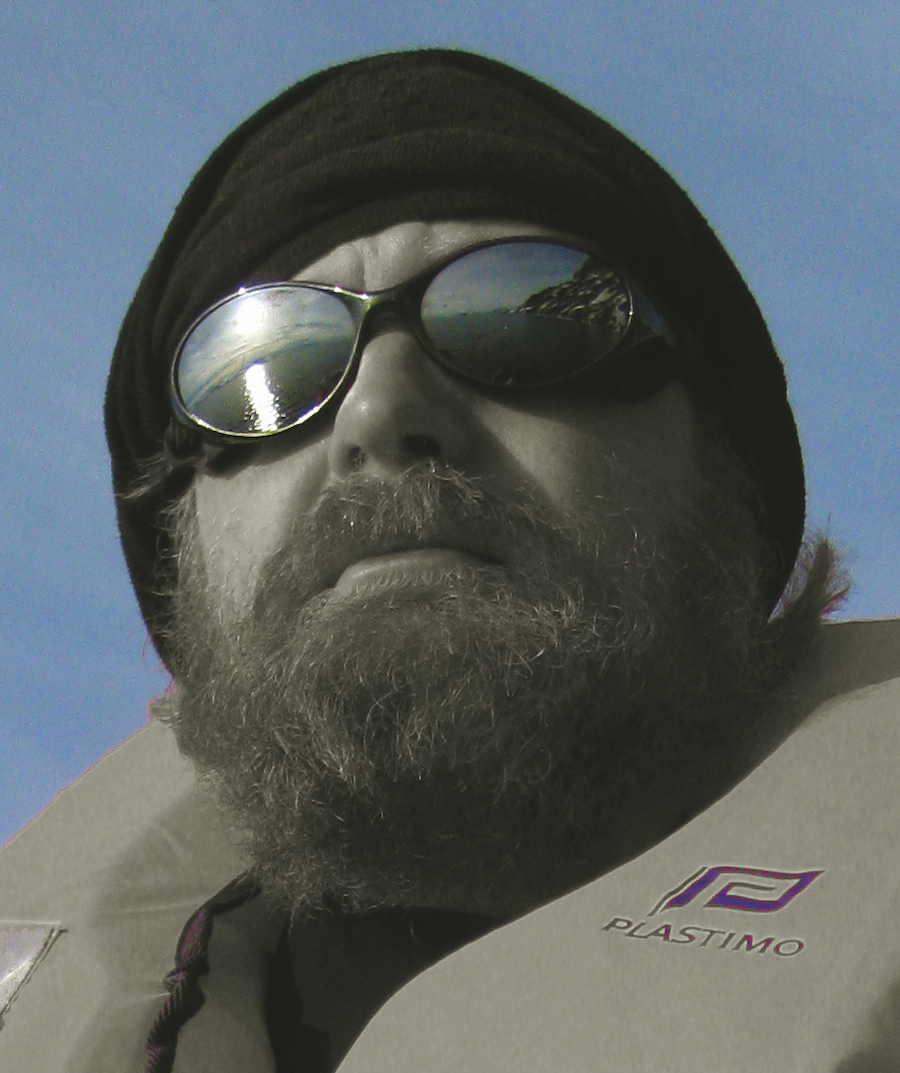 Doc. Mgr. Daniel Nývlt, Ph.D.
Doc. Mgr. Daniel Nývlt, Ph.D.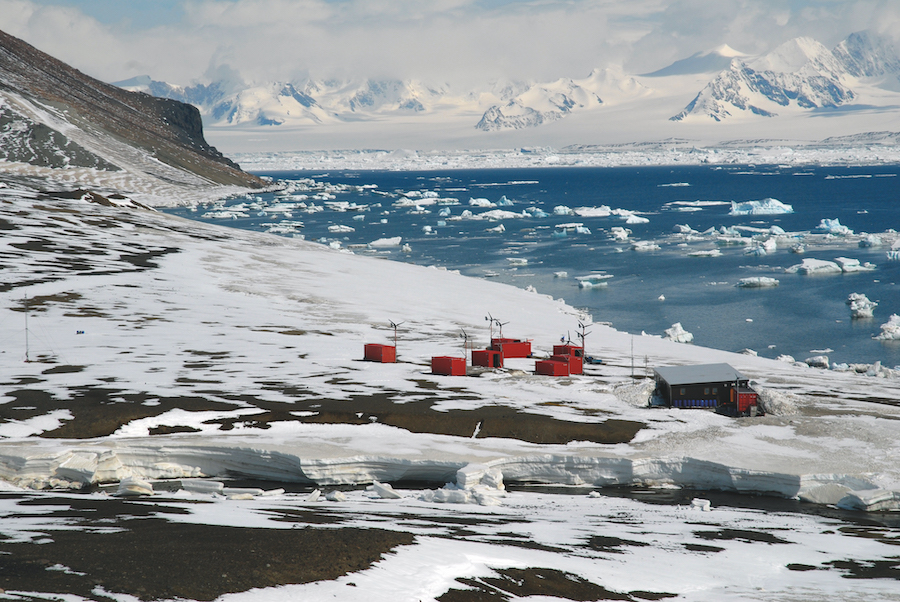
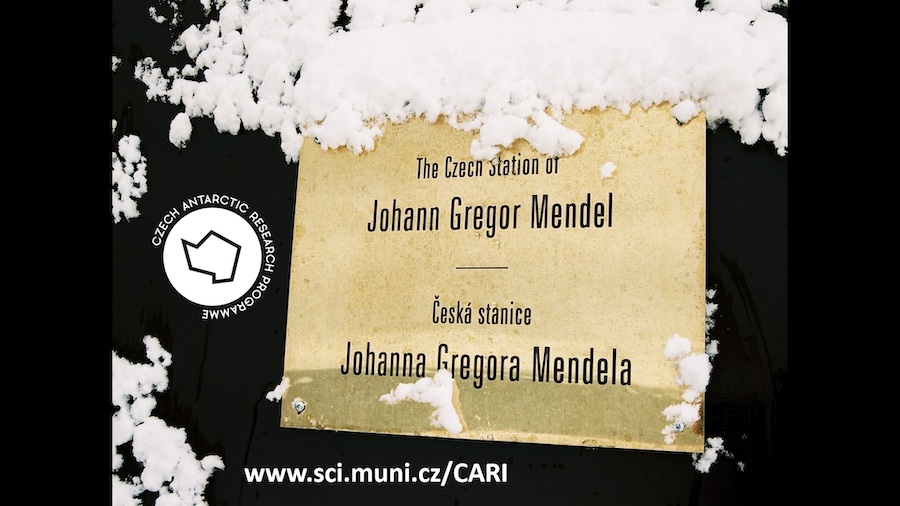
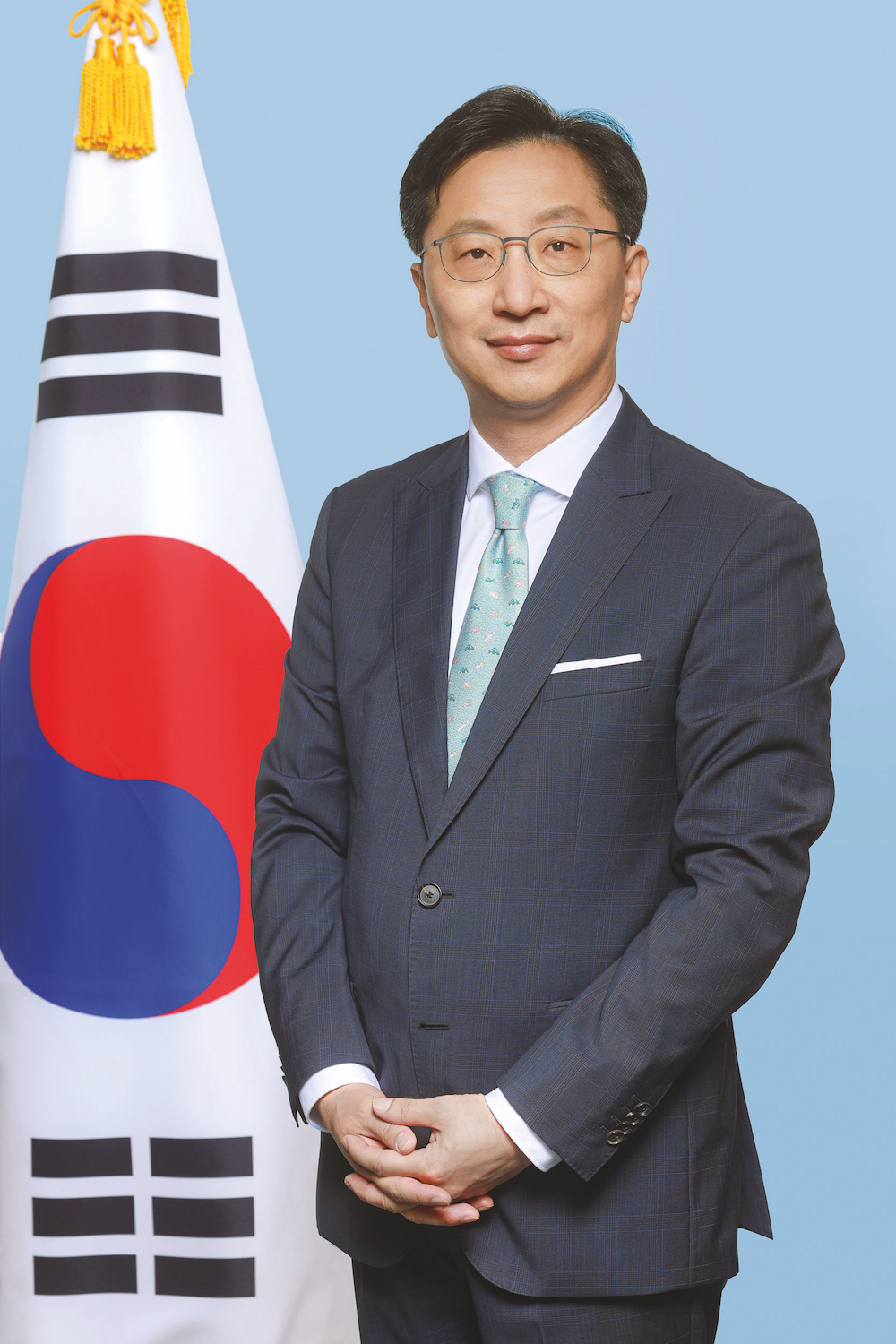



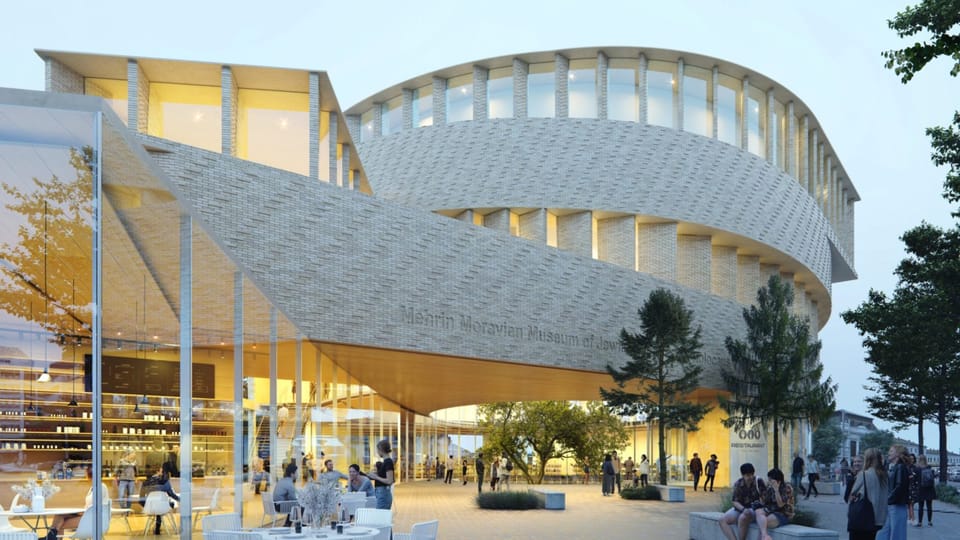
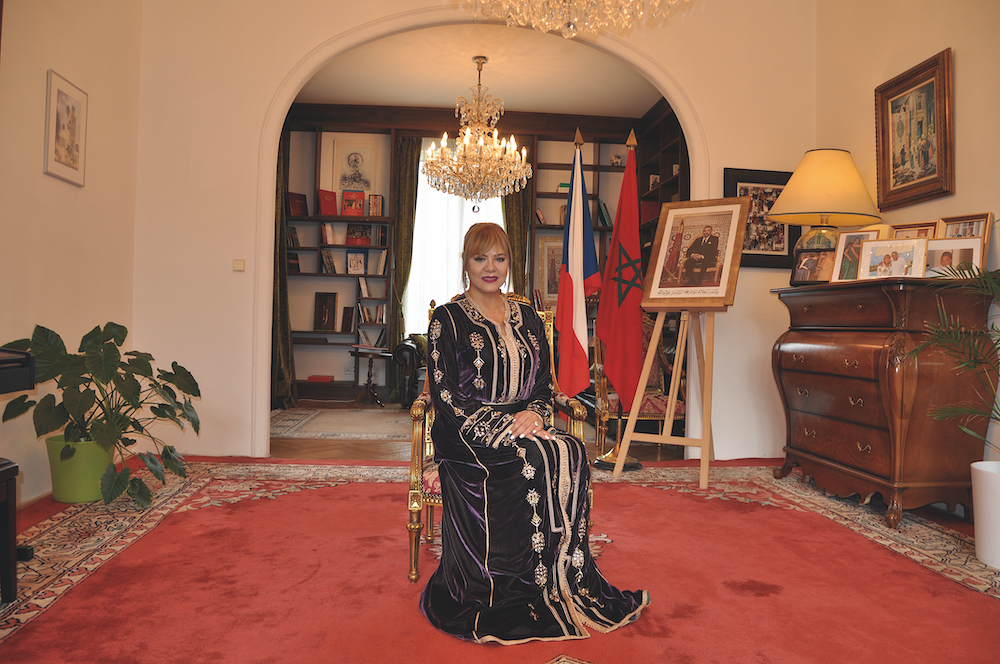

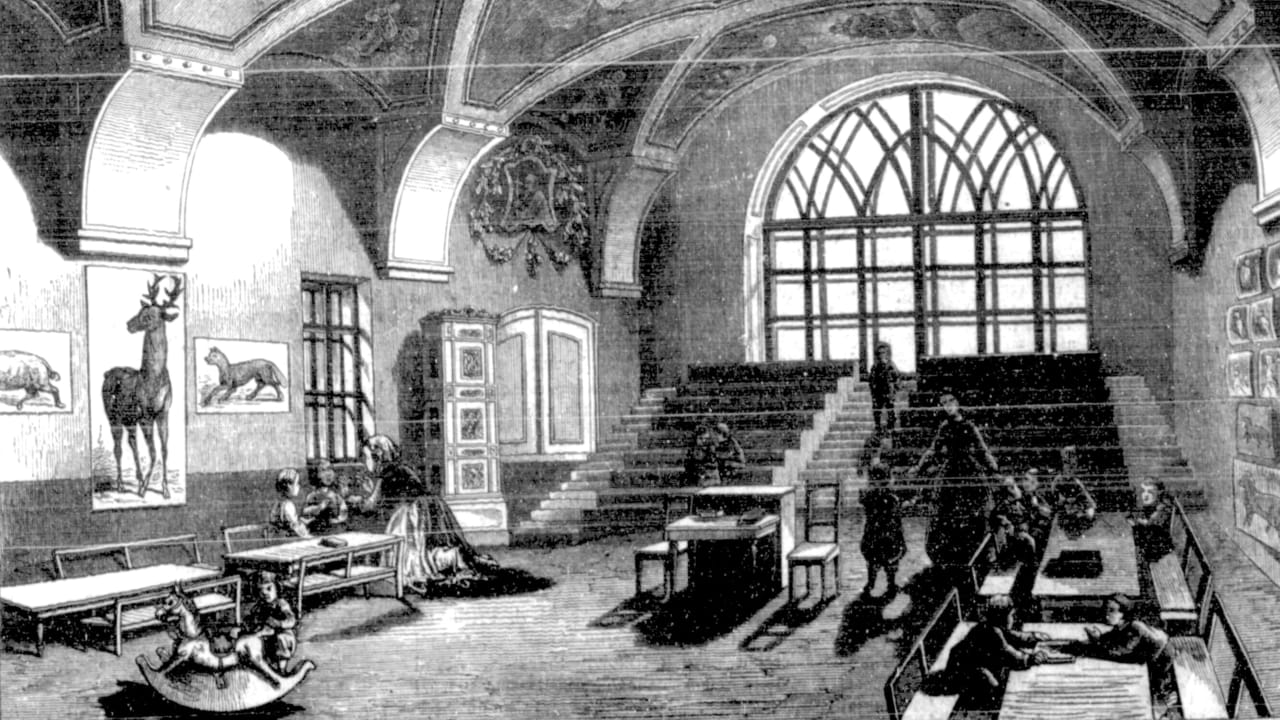




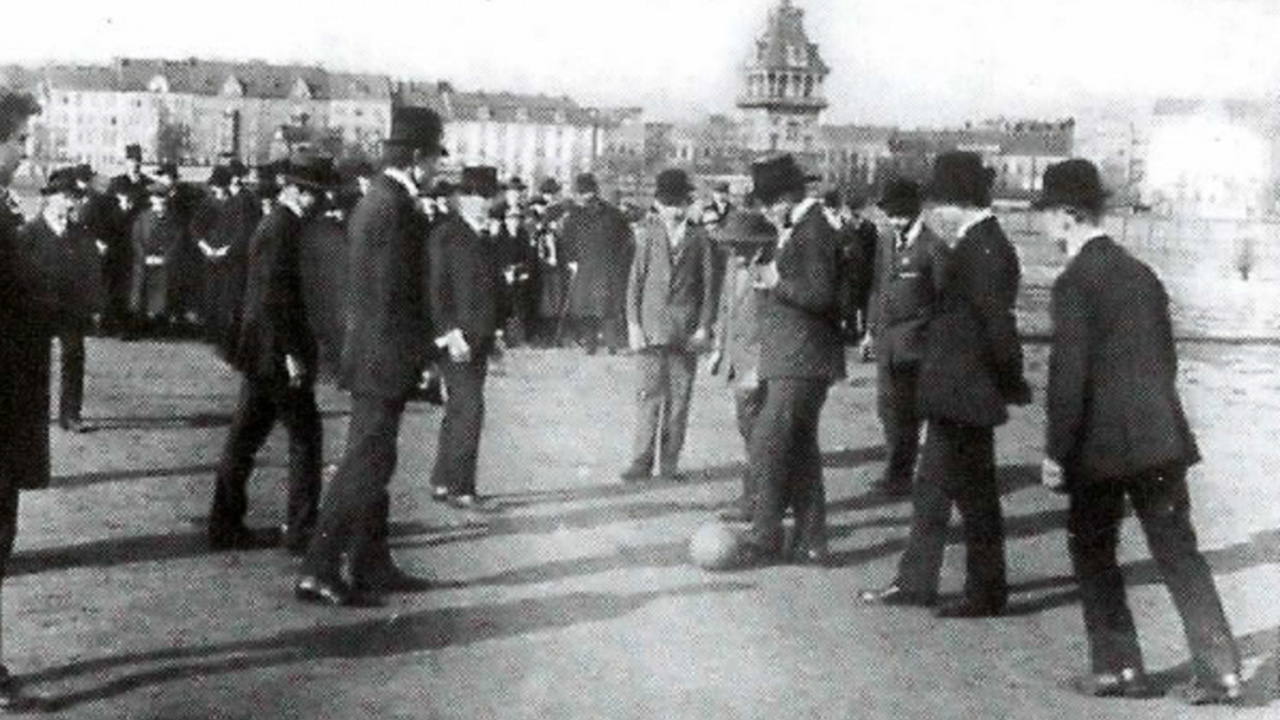

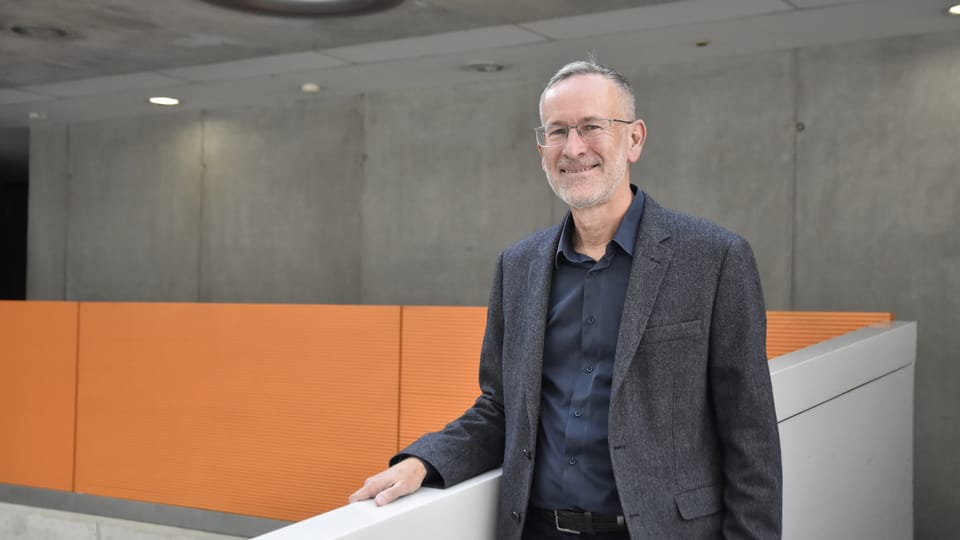
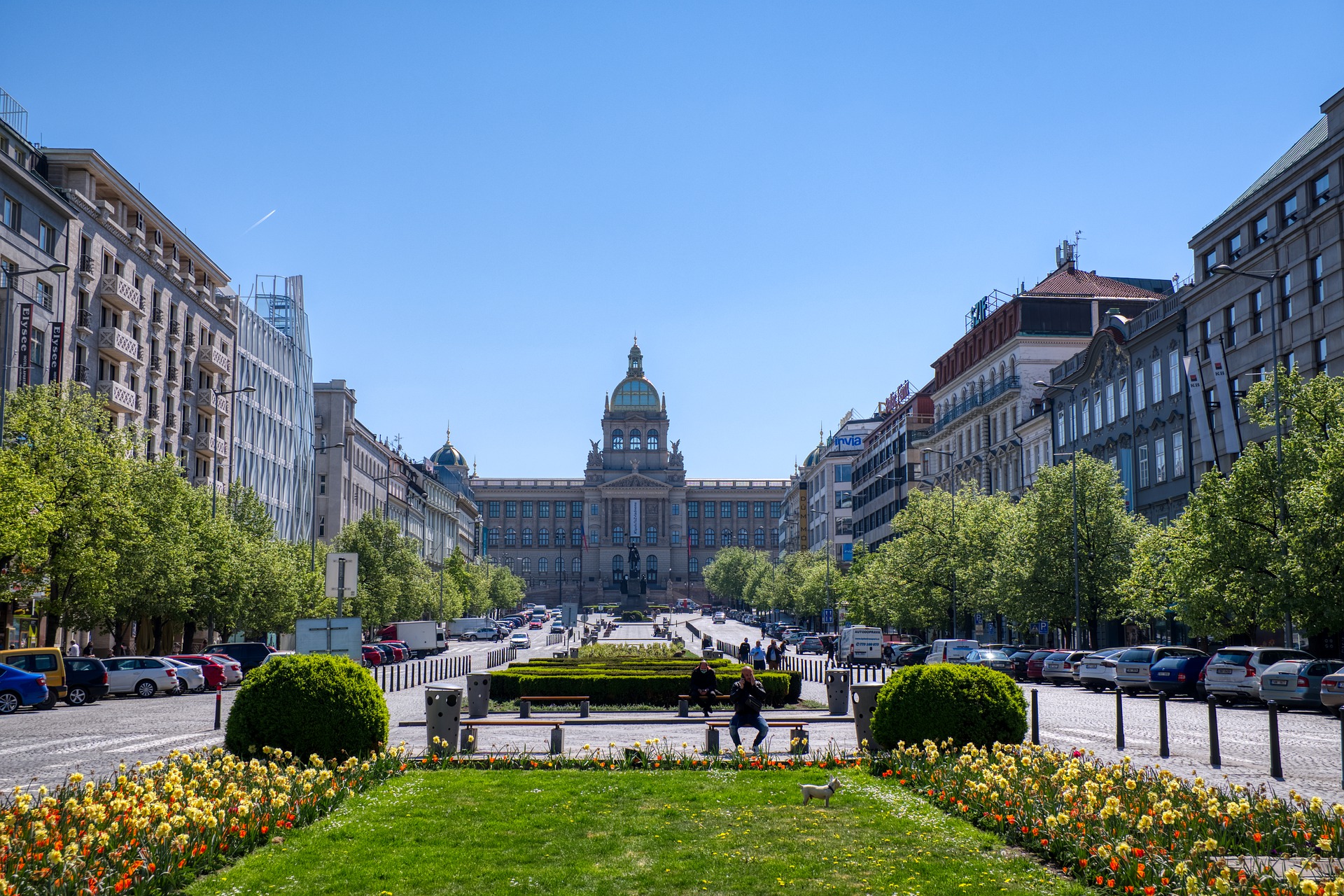
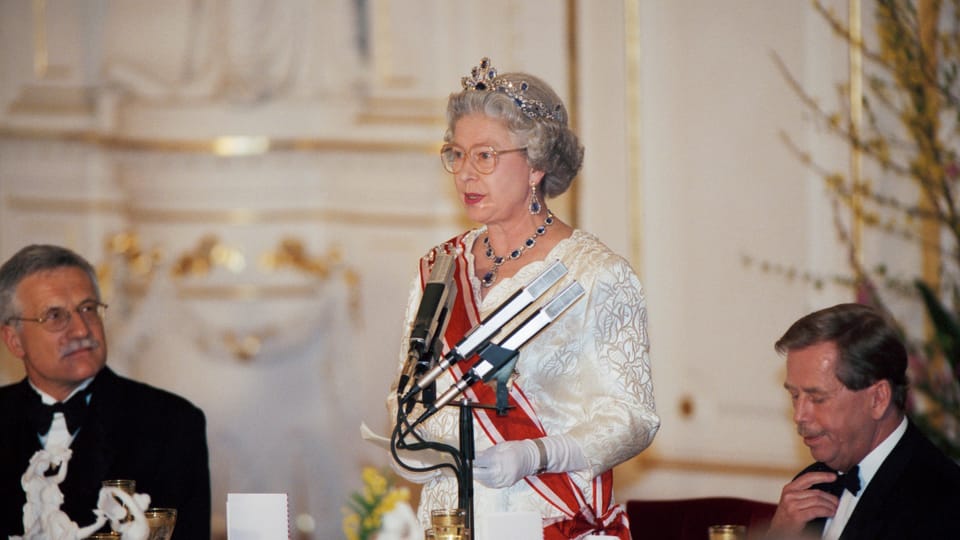
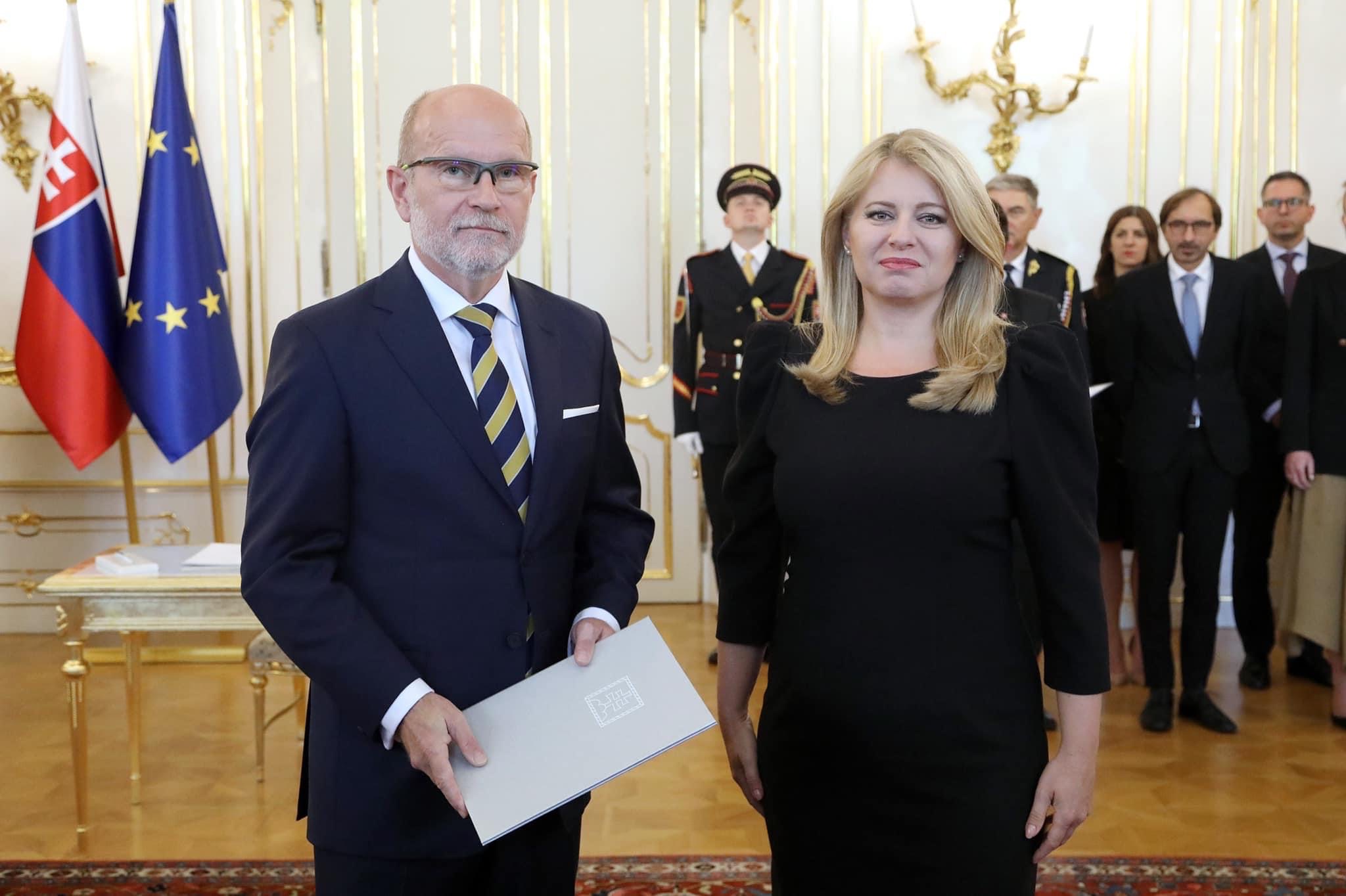
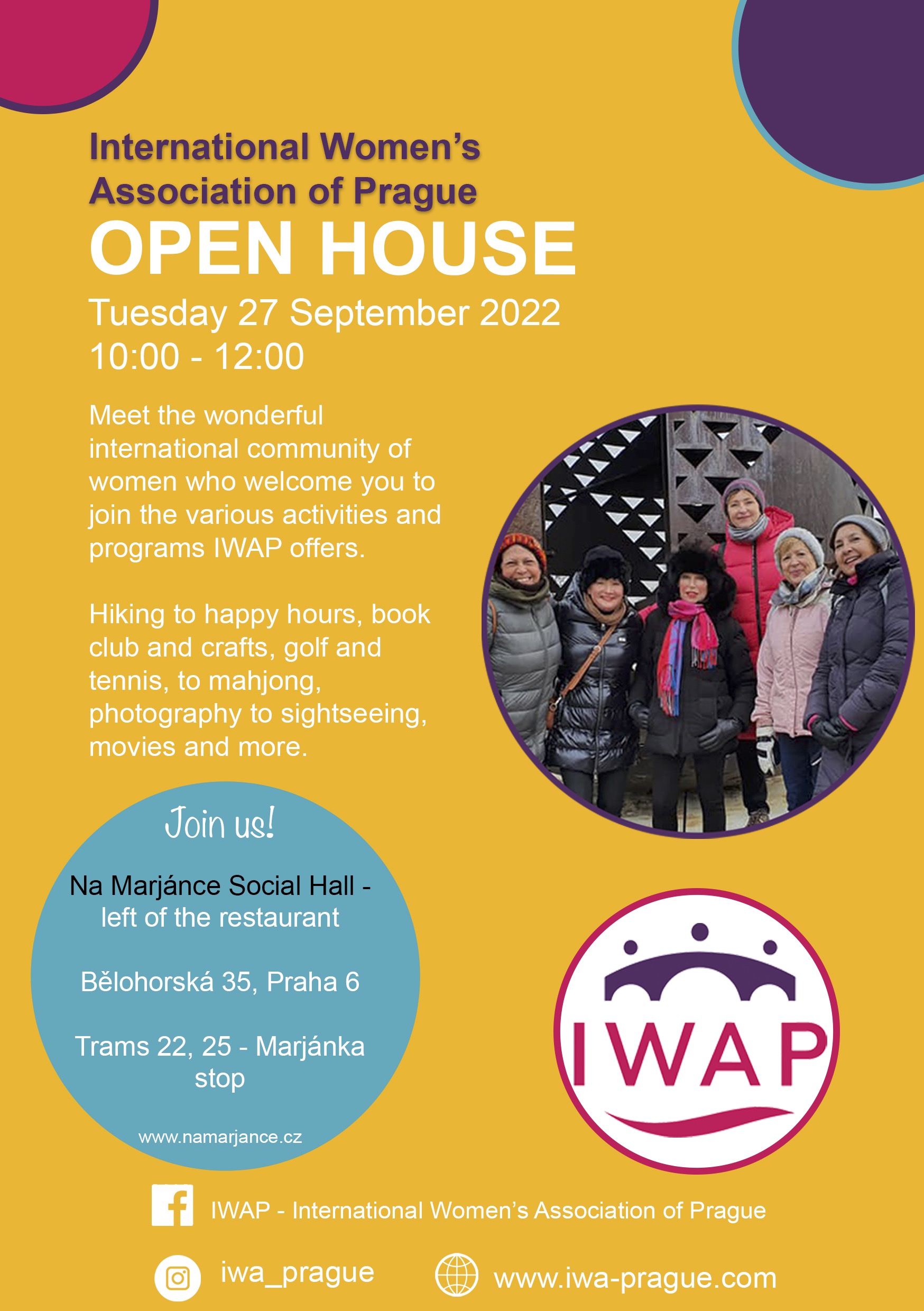
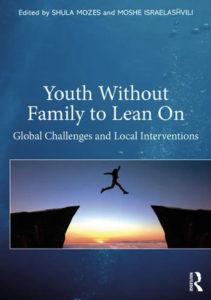

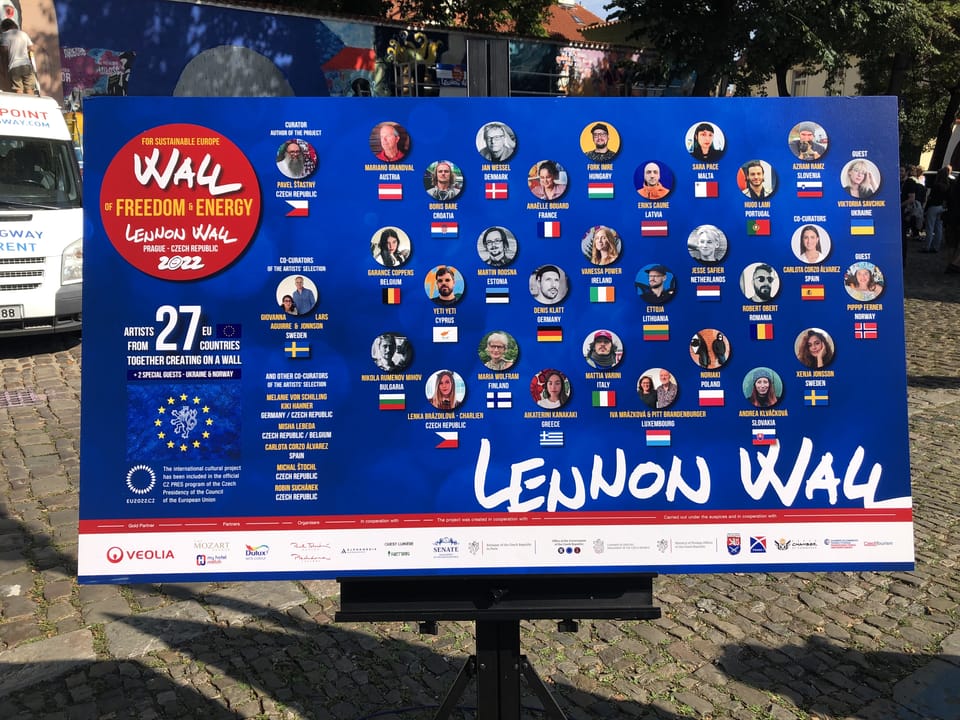




 Dr J Scott Younger, OBE, is a professional civil engineer; he spent 42 years in the Far East undertaking assignments in 10 countries for WB, ADB, UNDP. He published many papers; he was a columnist for Forbes Indonesia and Globe Asia. He served on British & European Chamber boards and was a Vice Chair of Int’l Business Chamber for 17 years. His expertise is infrastructure and sustainable development and he takes an interest in international affairs. He is an International Chancellor of the President University, Indonesia. He is a member of IFIMES Advisory Board. Lived and worked in Thailand from 1978 to 1983 and visited Burma, Bangladesh and Nepal for projects.
Dr J Scott Younger, OBE, is a professional civil engineer; he spent 42 years in the Far East undertaking assignments in 10 countries for WB, ADB, UNDP. He published many papers; he was a columnist for Forbes Indonesia and Globe Asia. He served on British & European Chamber boards and was a Vice Chair of Int’l Business Chamber for 17 years. His expertise is infrastructure and sustainable development and he takes an interest in international affairs. He is an International Chancellor of the President University, Indonesia. He is a member of IFIMES Advisory Board. Lived and worked in Thailand from 1978 to 1983 and visited Burma, Bangladesh and Nepal for projects.
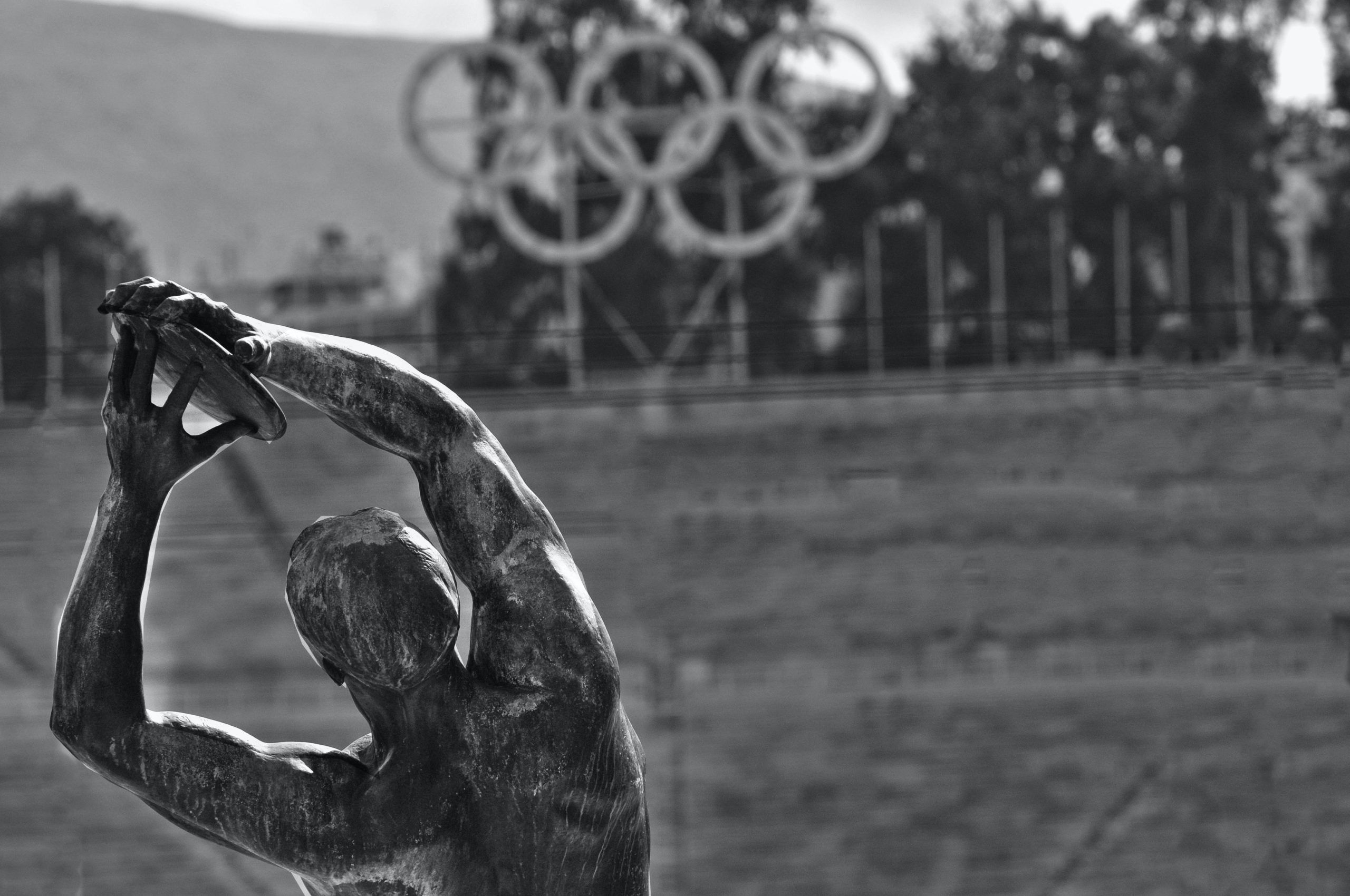


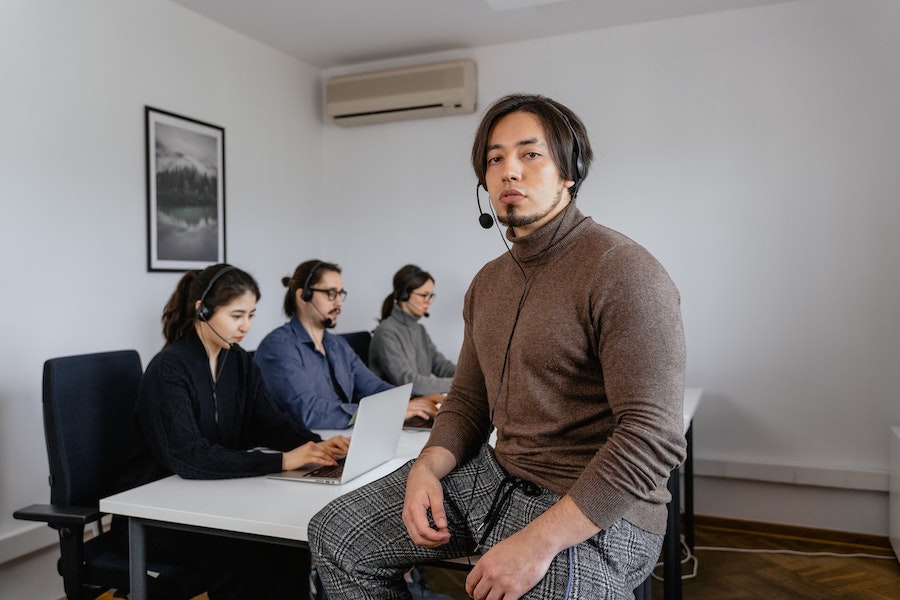


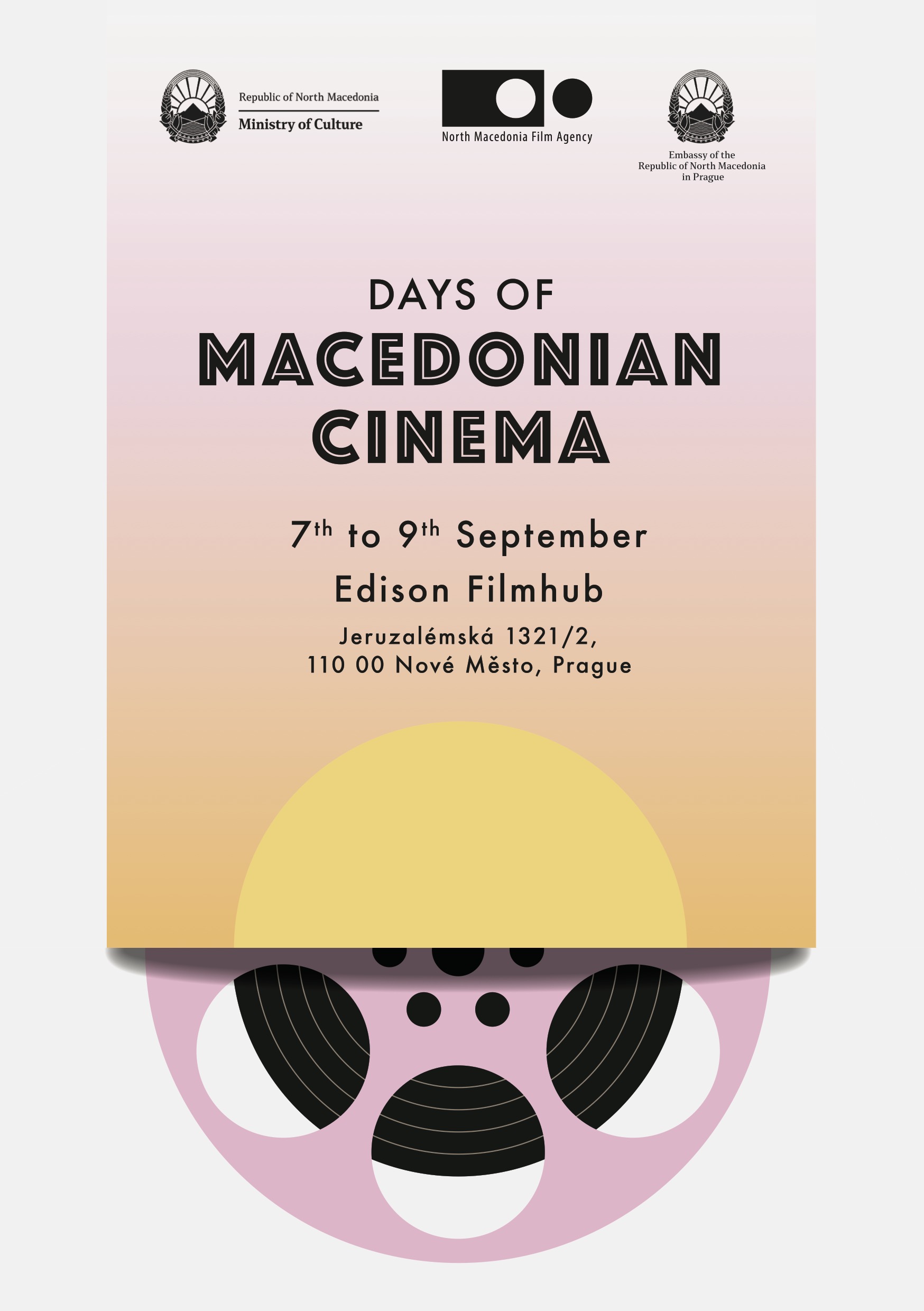






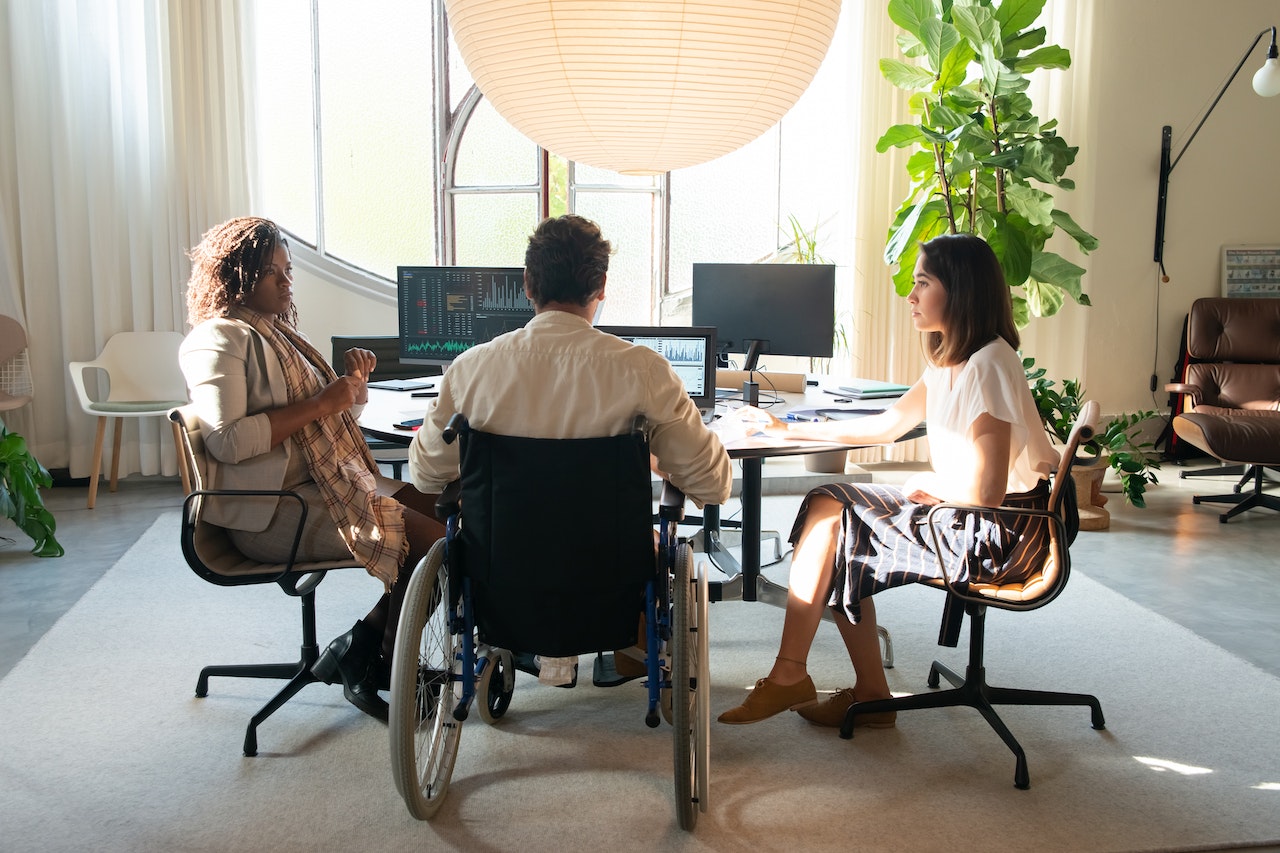
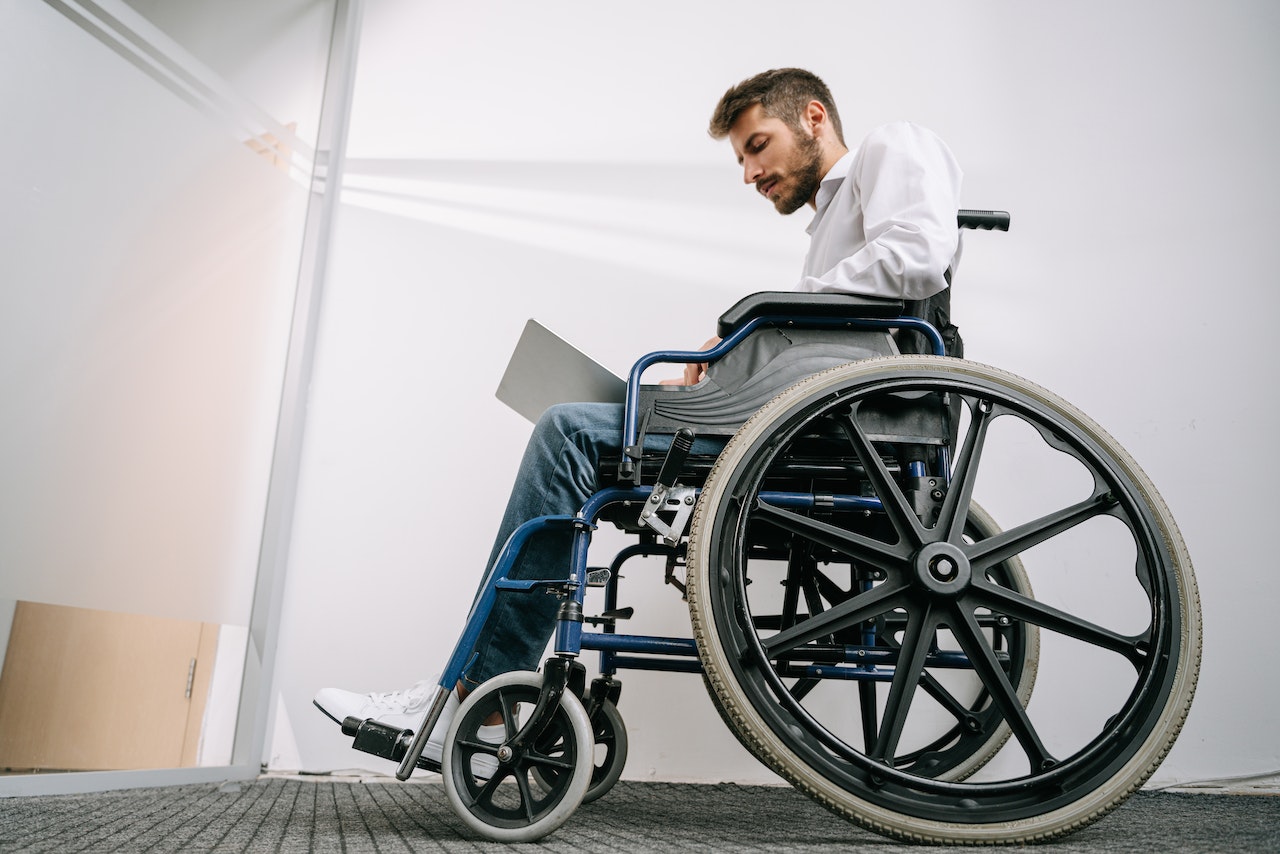



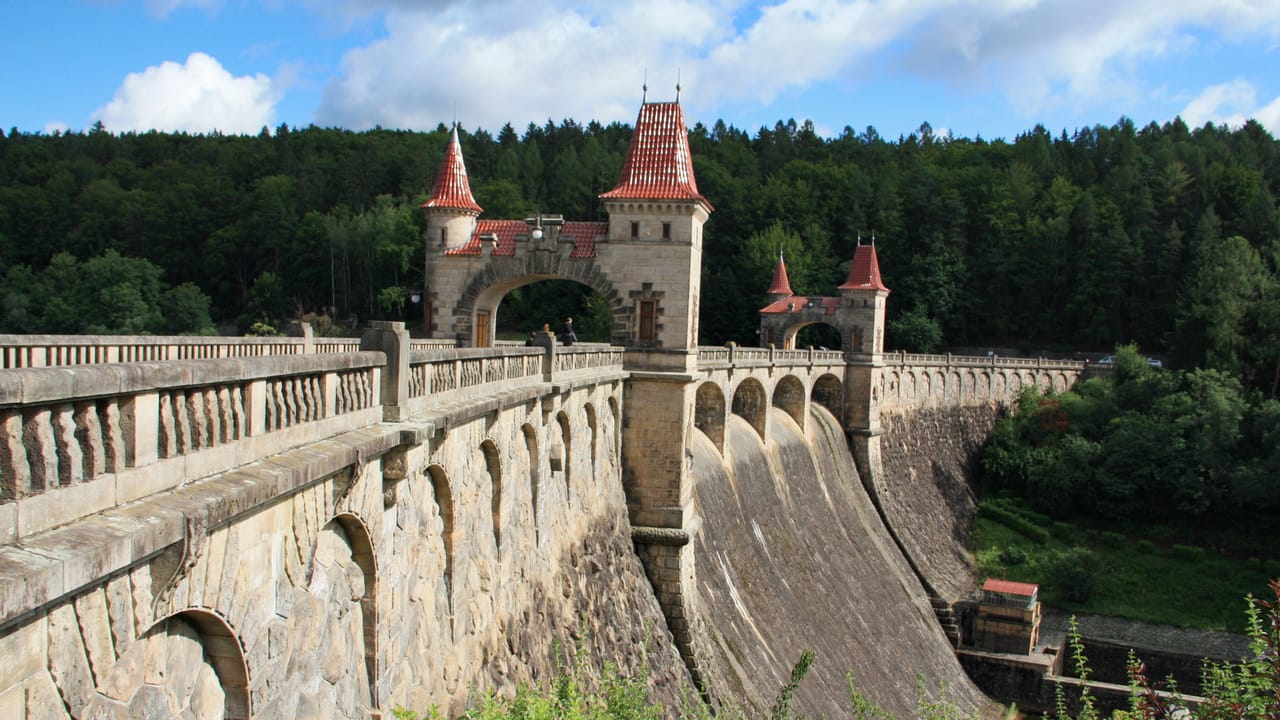
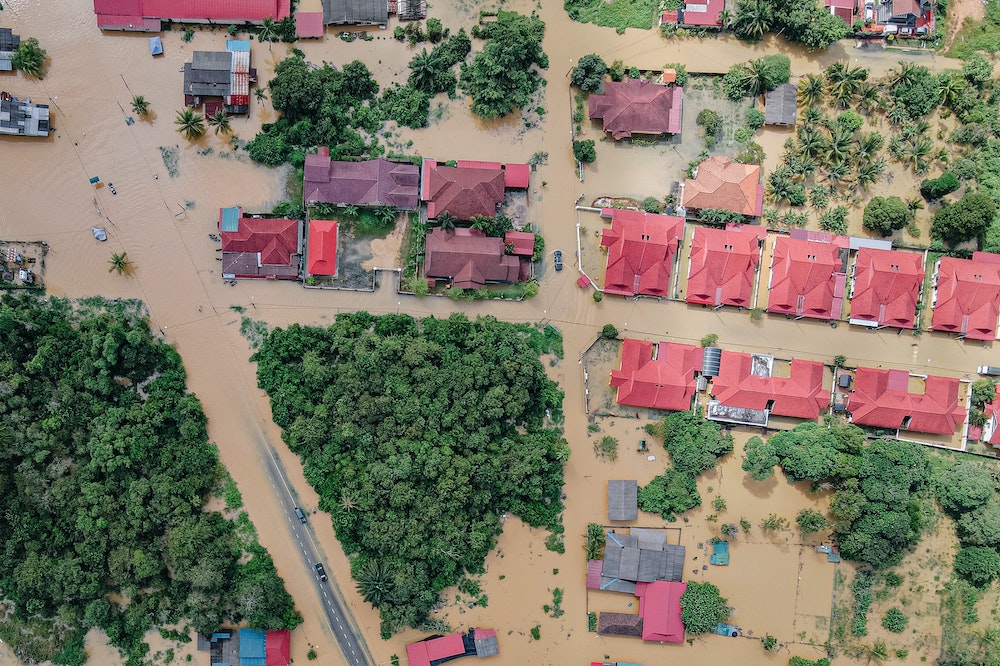


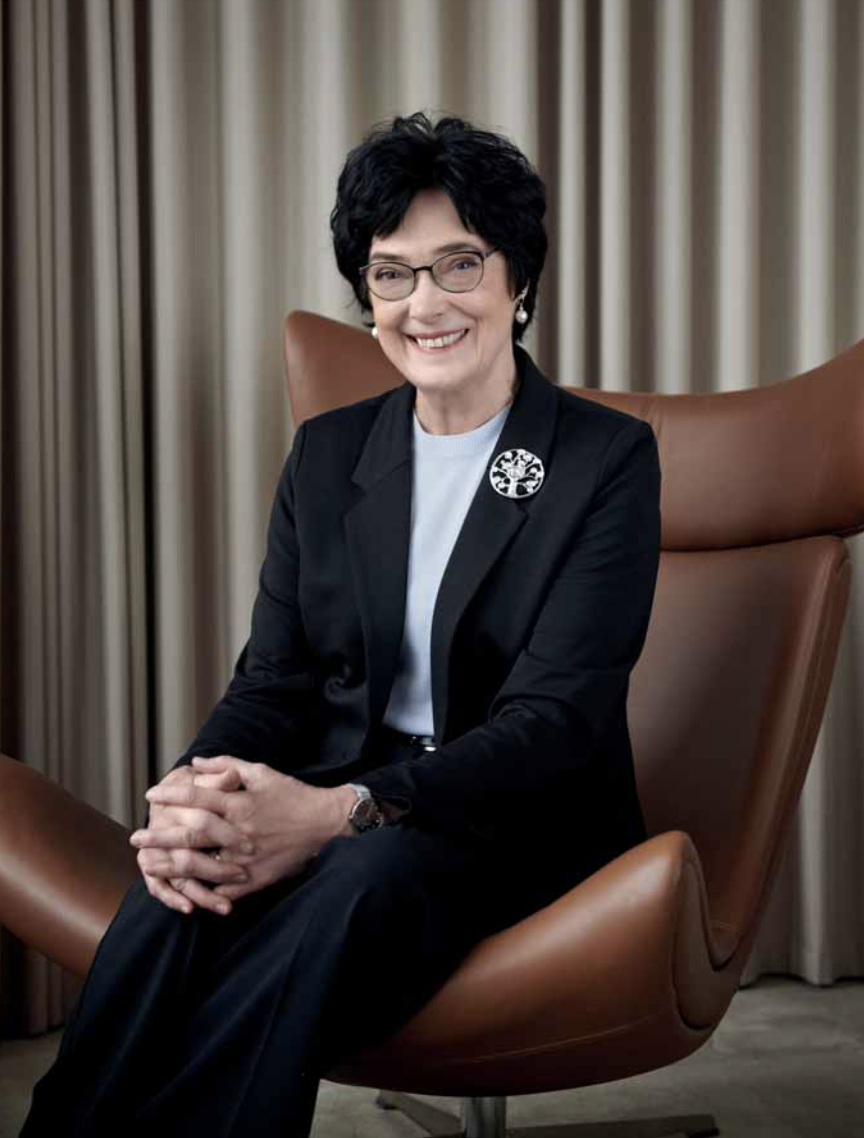

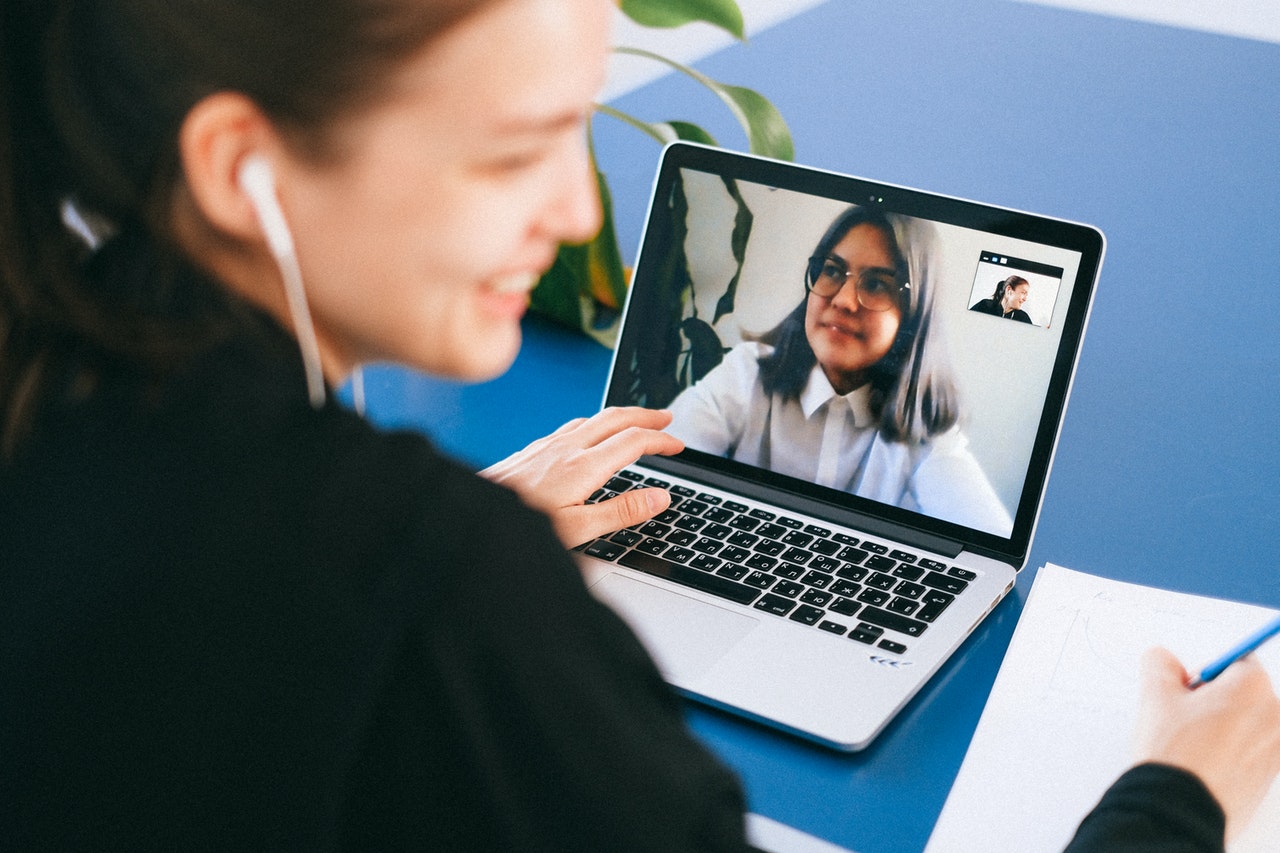

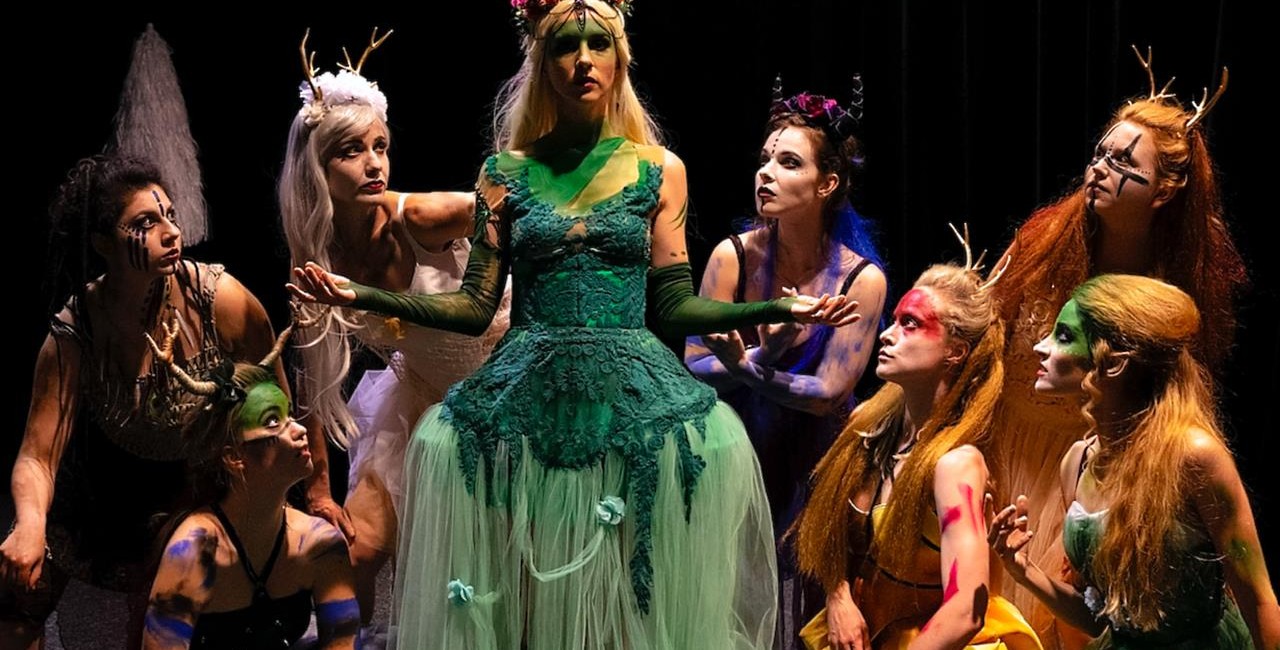
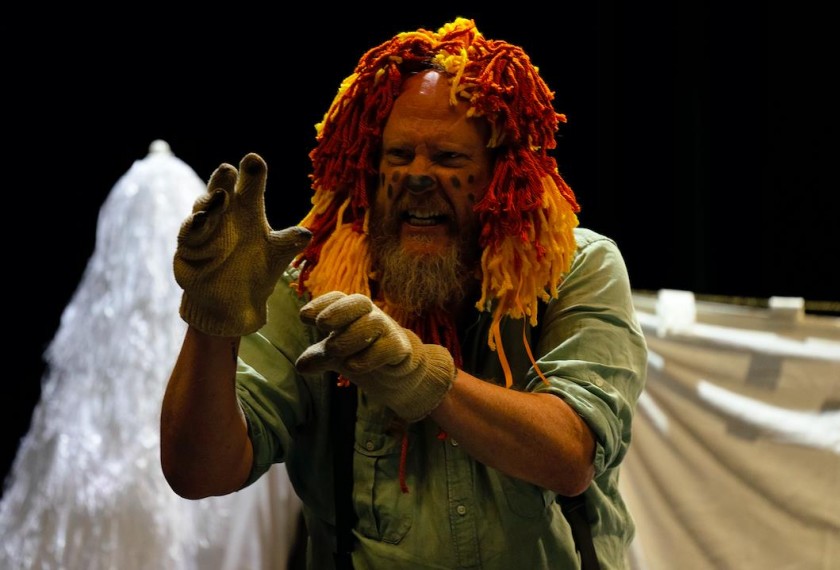 Directed by Hammed Animashaun (Loial on Amazon’s Wheel of Time and many productions with the UK Royal National Theatre) and PSC Artistic Director Guy Roberts (Uno Nomesta on Amazon’s Wheel of Time), this fresh take on Shakespeare’s timeless classic is the perfect escape for audiences of all ages to come together and celebrate the wonder of Shakespeare and the magic of falling in love after our time of isolation because of coronavirus.
Directed by Hammed Animashaun (Loial on Amazon’s Wheel of Time and many productions with the UK Royal National Theatre) and PSC Artistic Director Guy Roberts (Uno Nomesta on Amazon’s Wheel of Time), this fresh take on Shakespeare’s timeless classic is the perfect escape for audiences of all ages to come together and celebrate the wonder of Shakespeare and the magic of falling in love after our time of isolation because of coronavirus.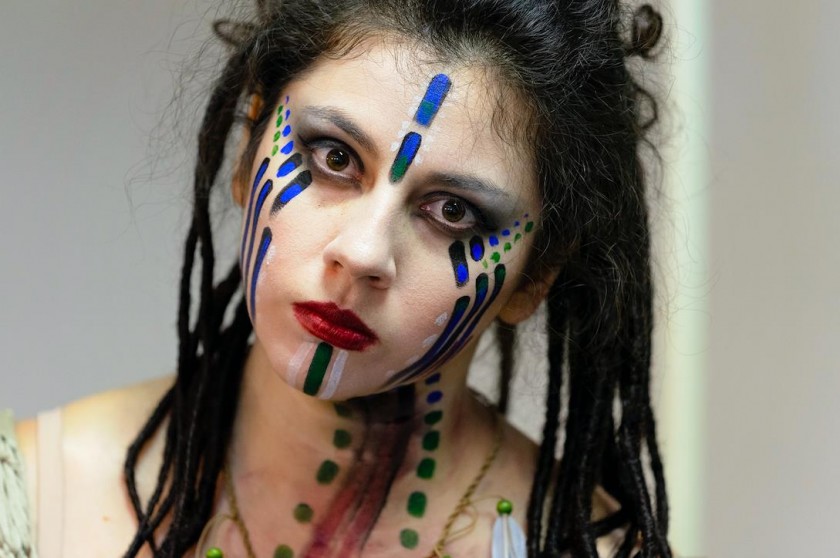

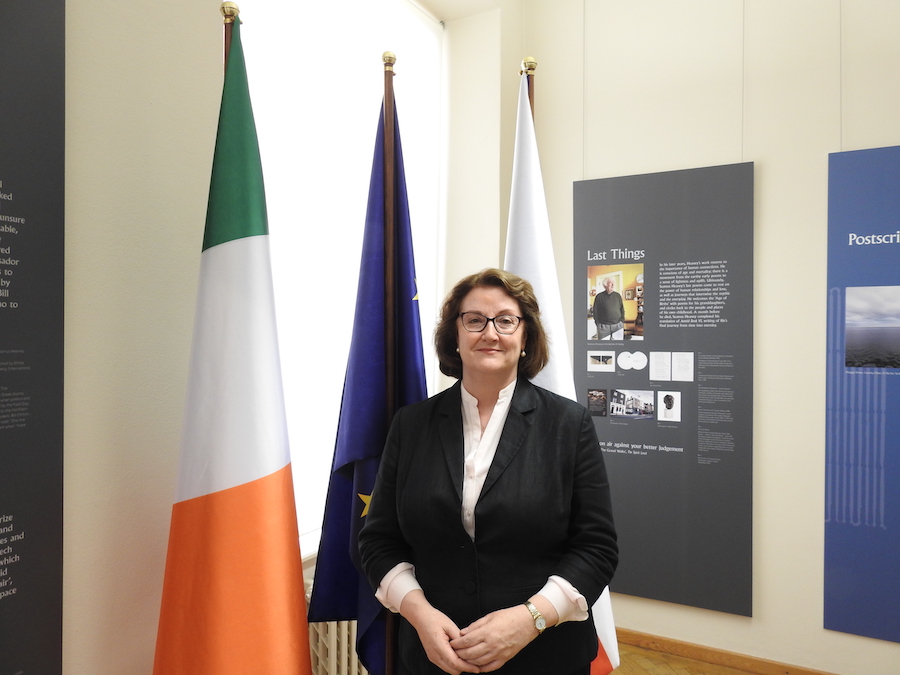
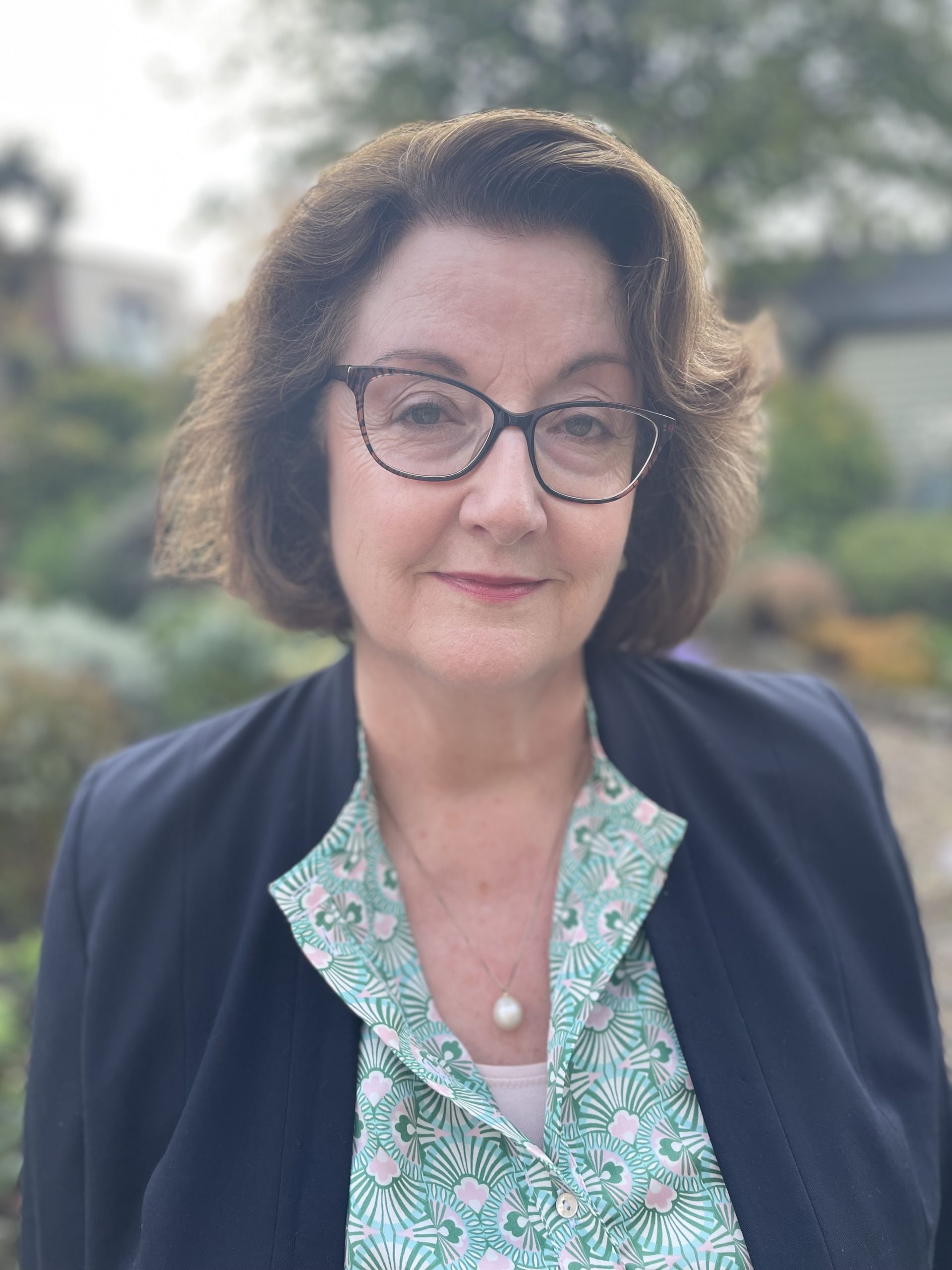


 Dr. Mohamad Zreik has PhD of International Relations, he is independent researcher, his area of research interest is related to Chinese Foreign Policy, Belt and Road Initiative, Middle Eastern Studies, China-Arab relations. Author has numerous studies published in high ranked journals and international newspapers.
Dr. Mohamad Zreik has PhD of International Relations, he is independent researcher, his area of research interest is related to Chinese Foreign Policy, Belt and Road Initiative, Middle Eastern Studies, China-Arab relations. Author has numerous studies published in high ranked journals and international newspapers.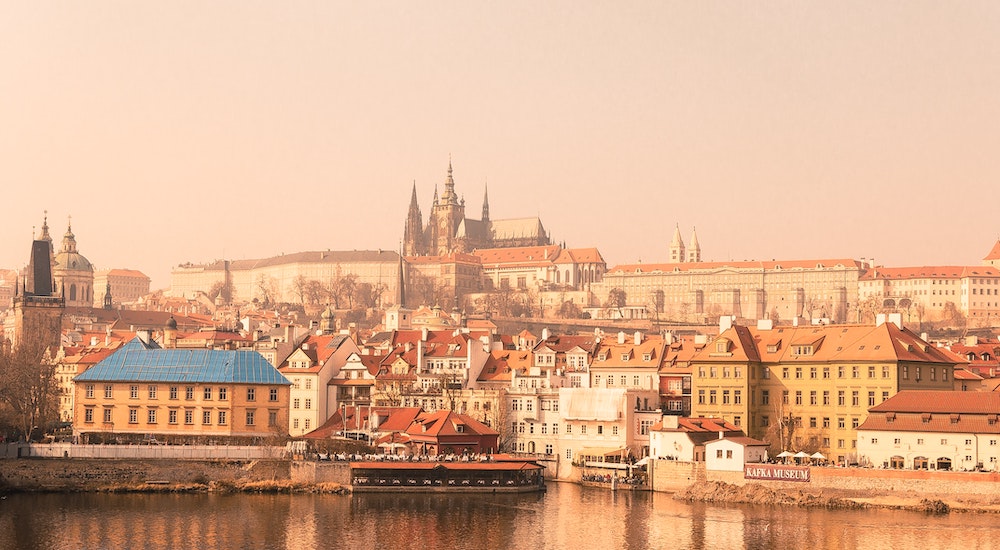



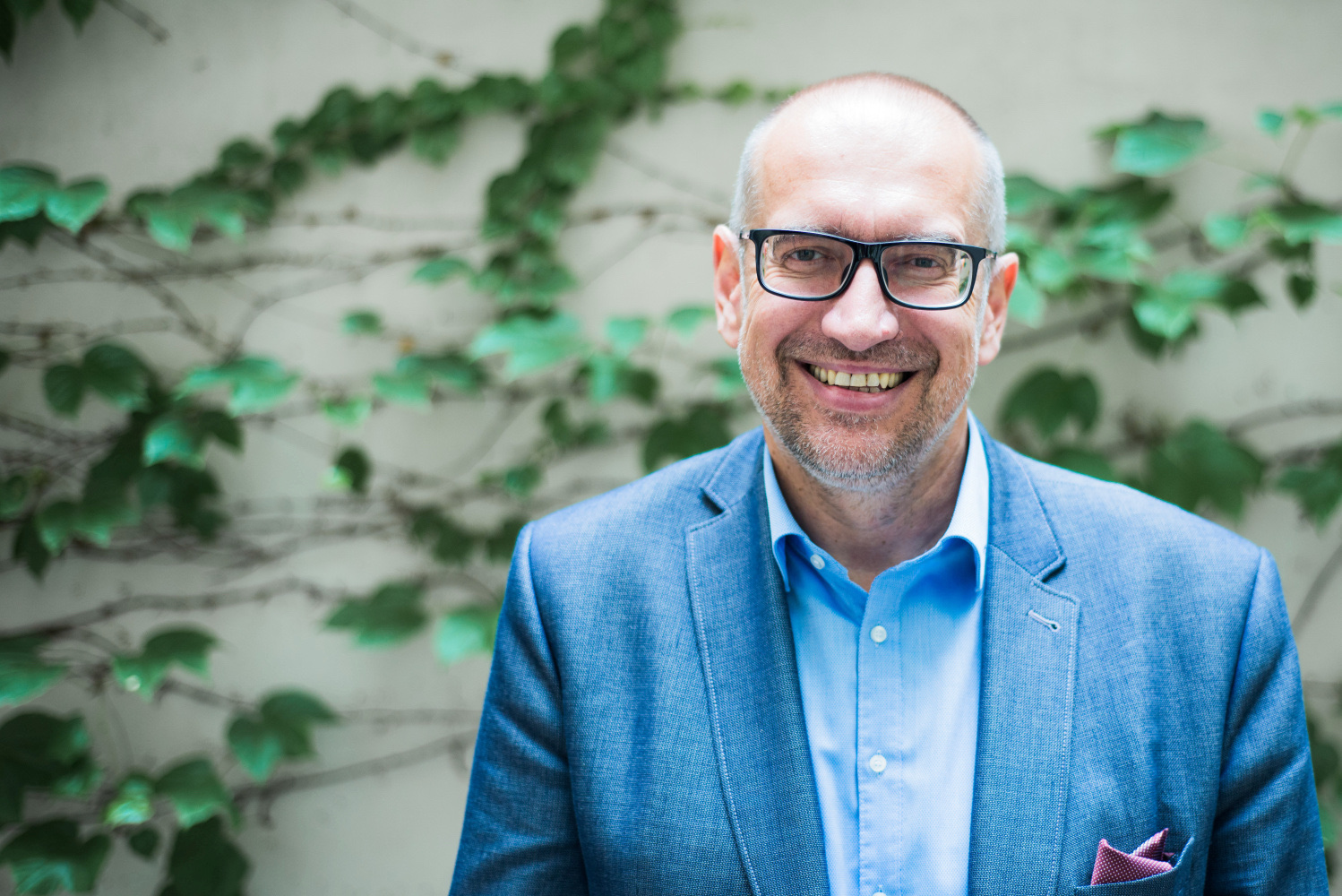
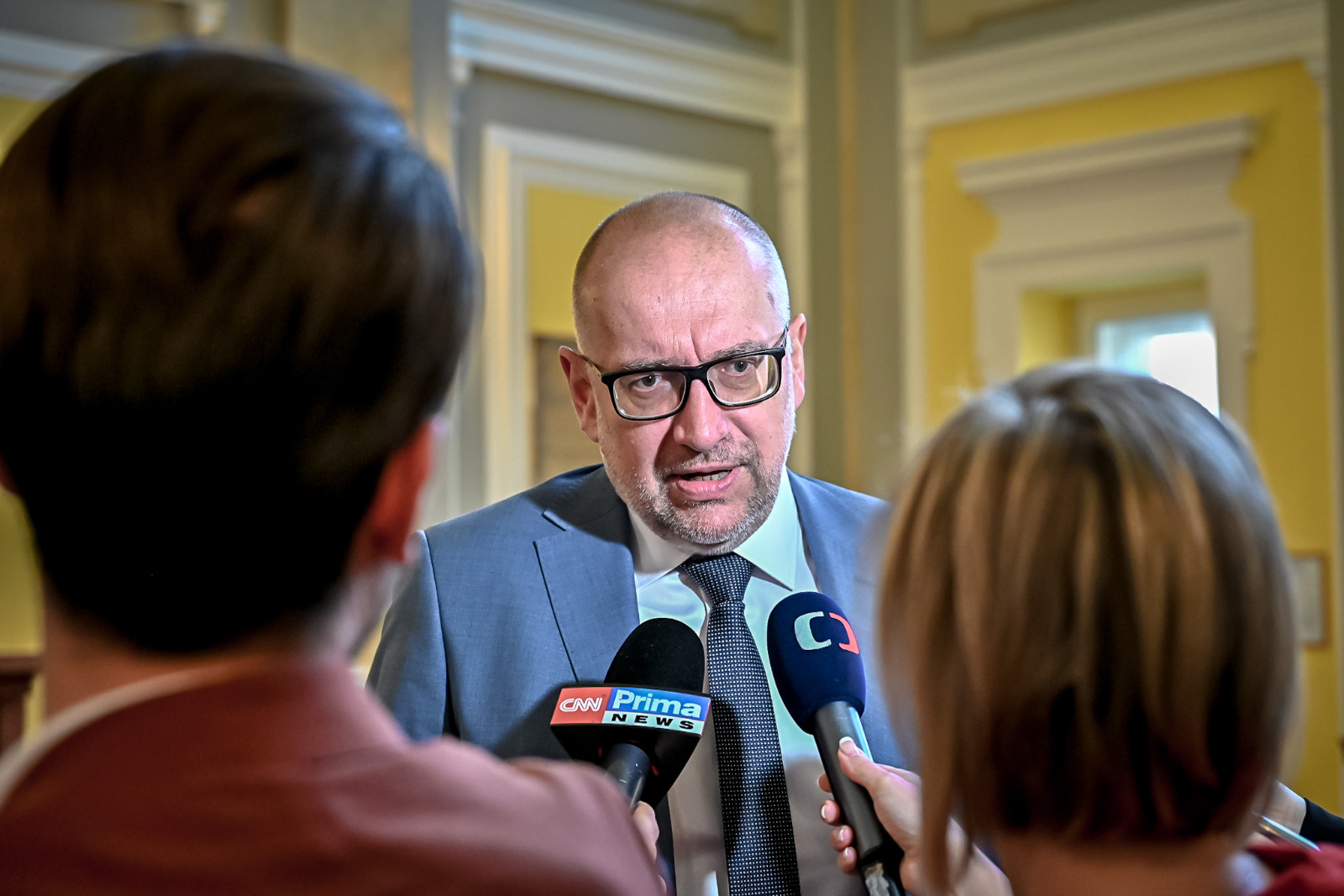
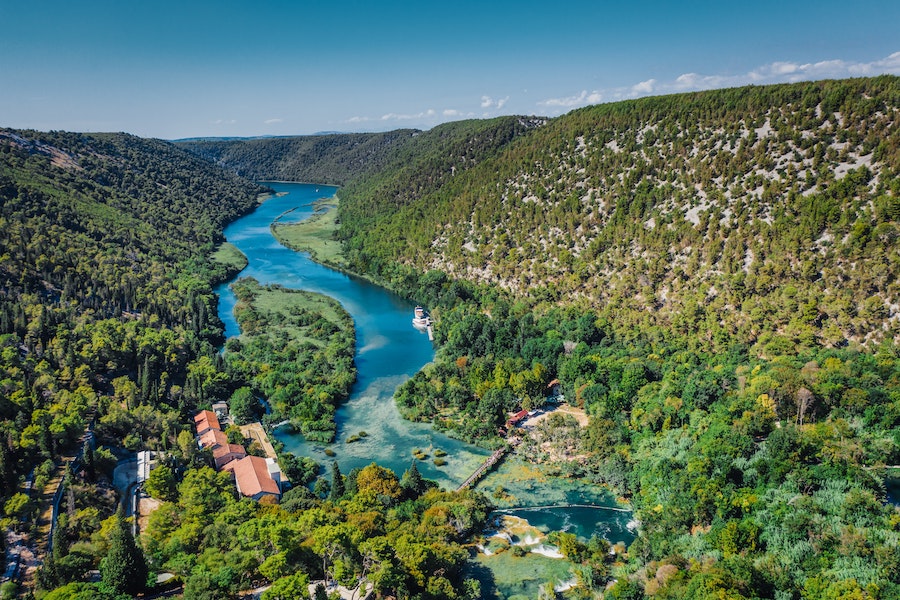
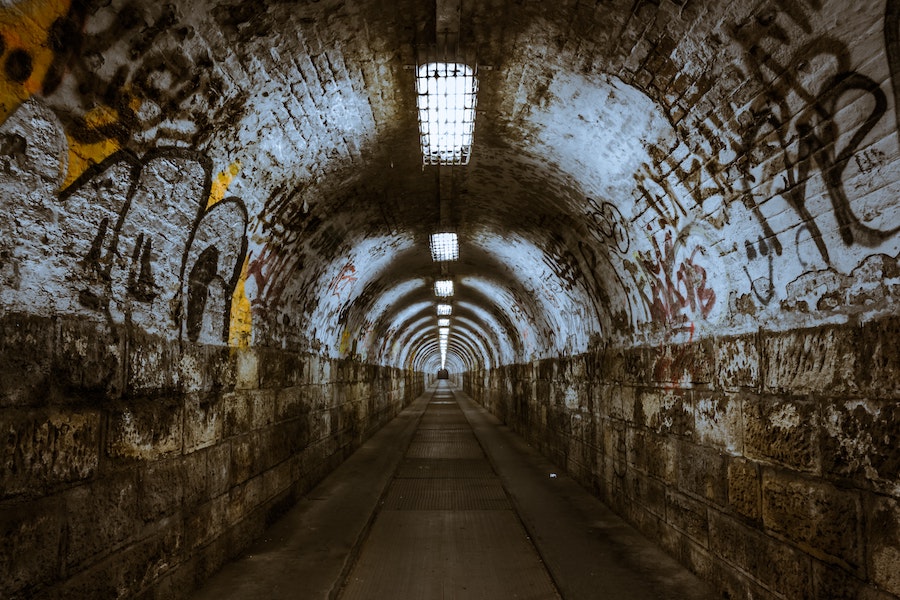


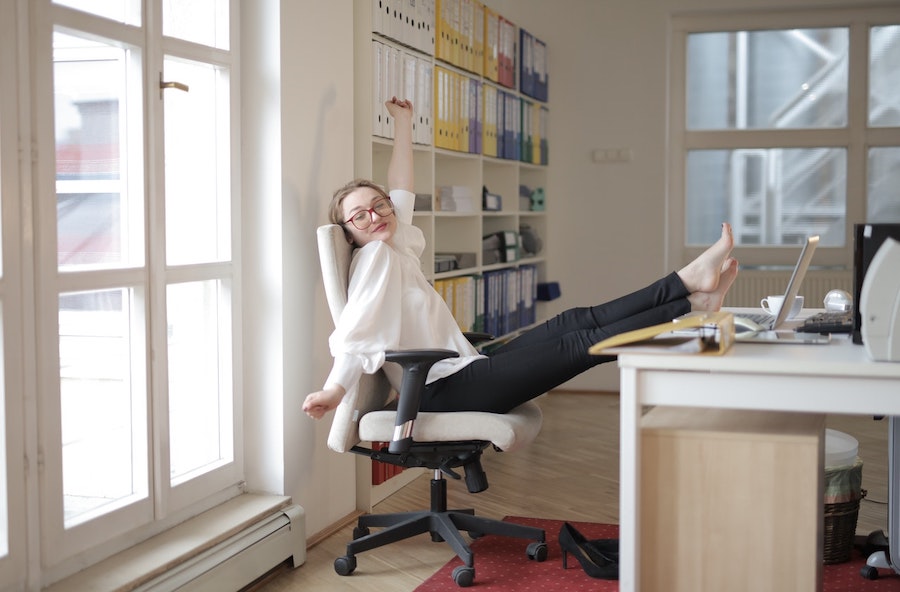

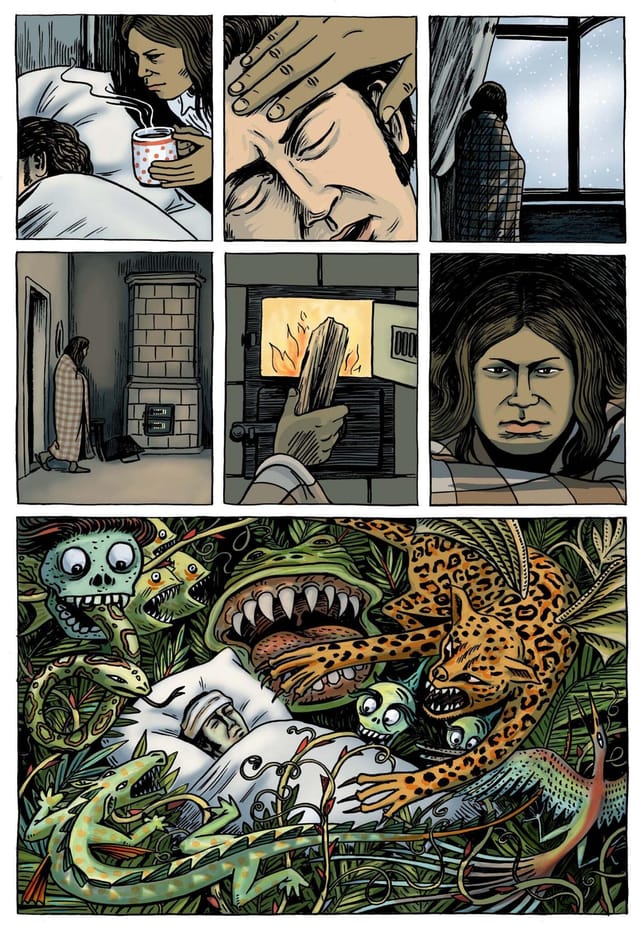
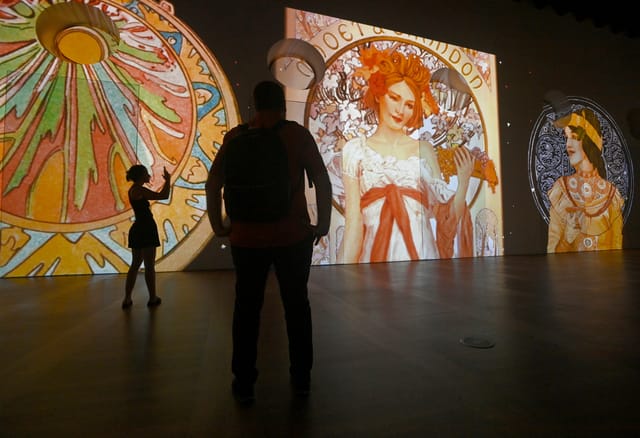
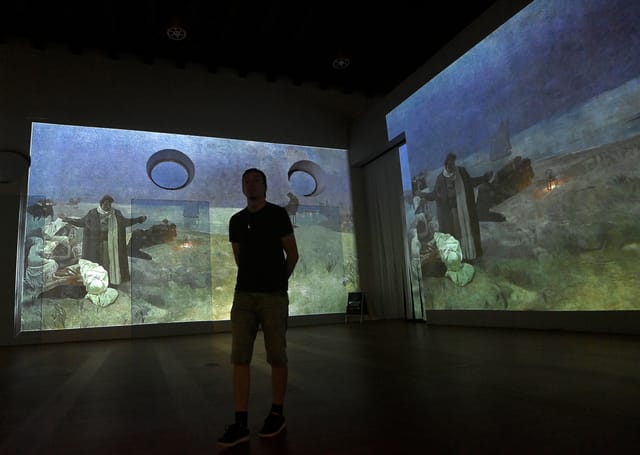







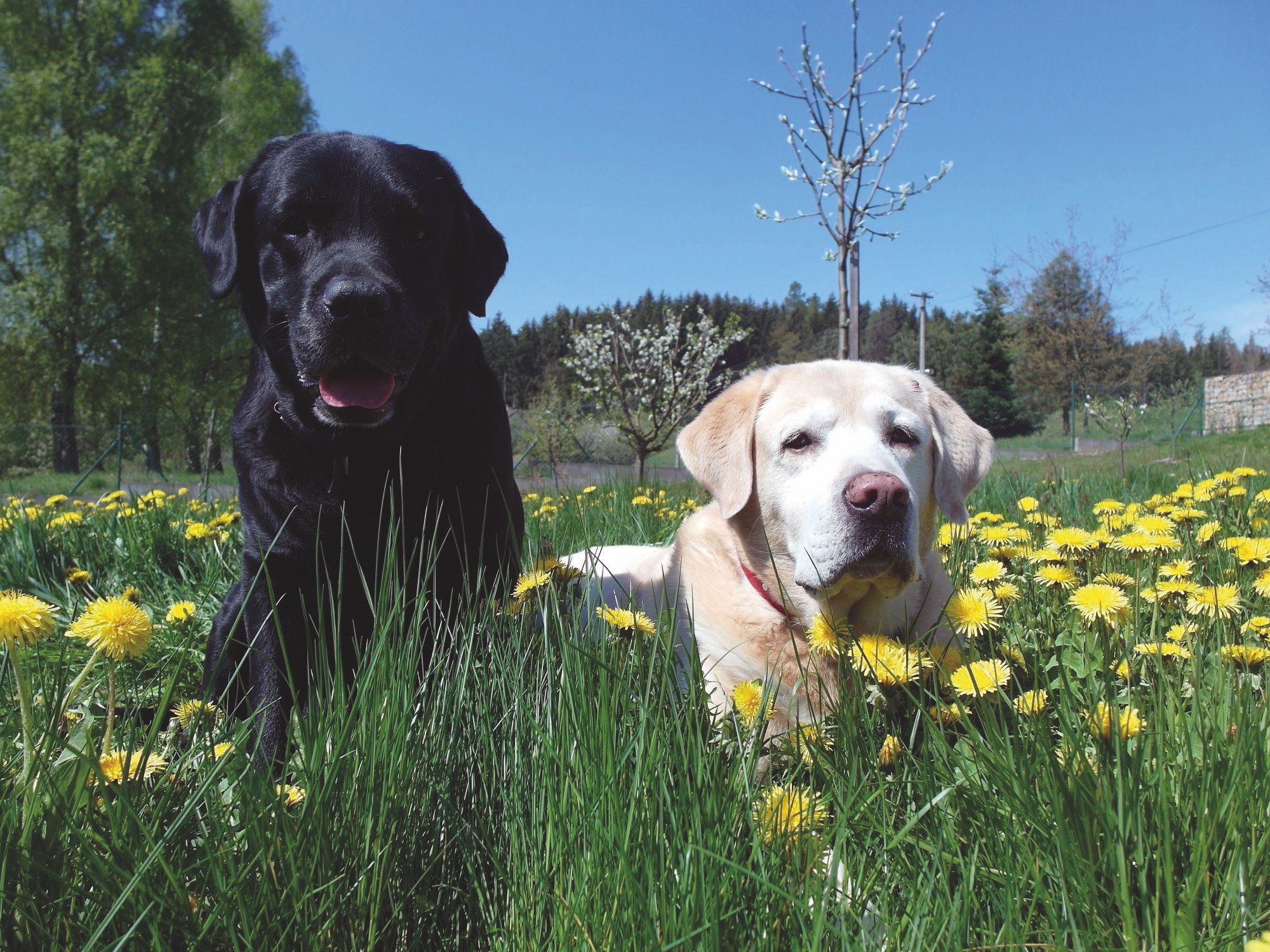

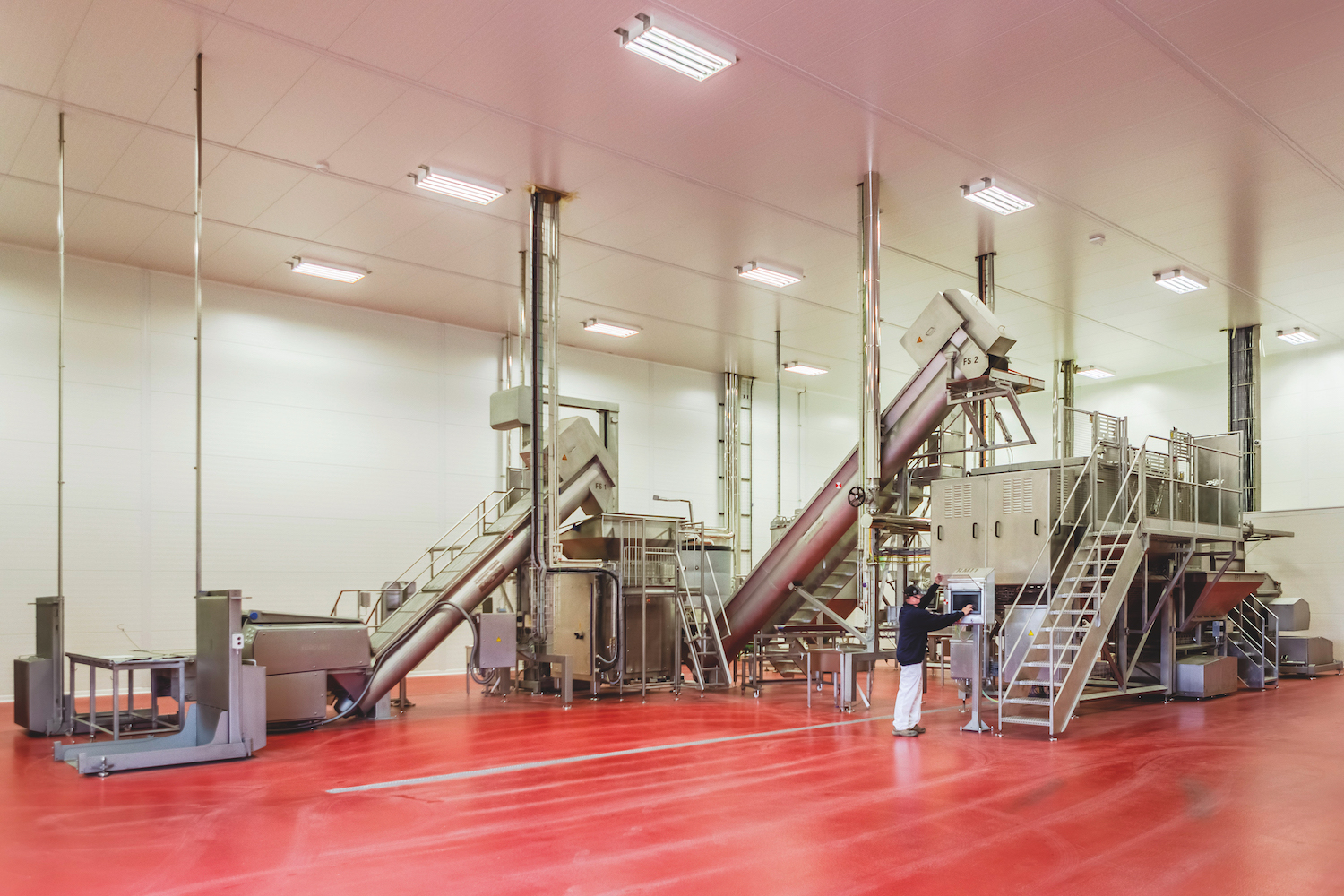
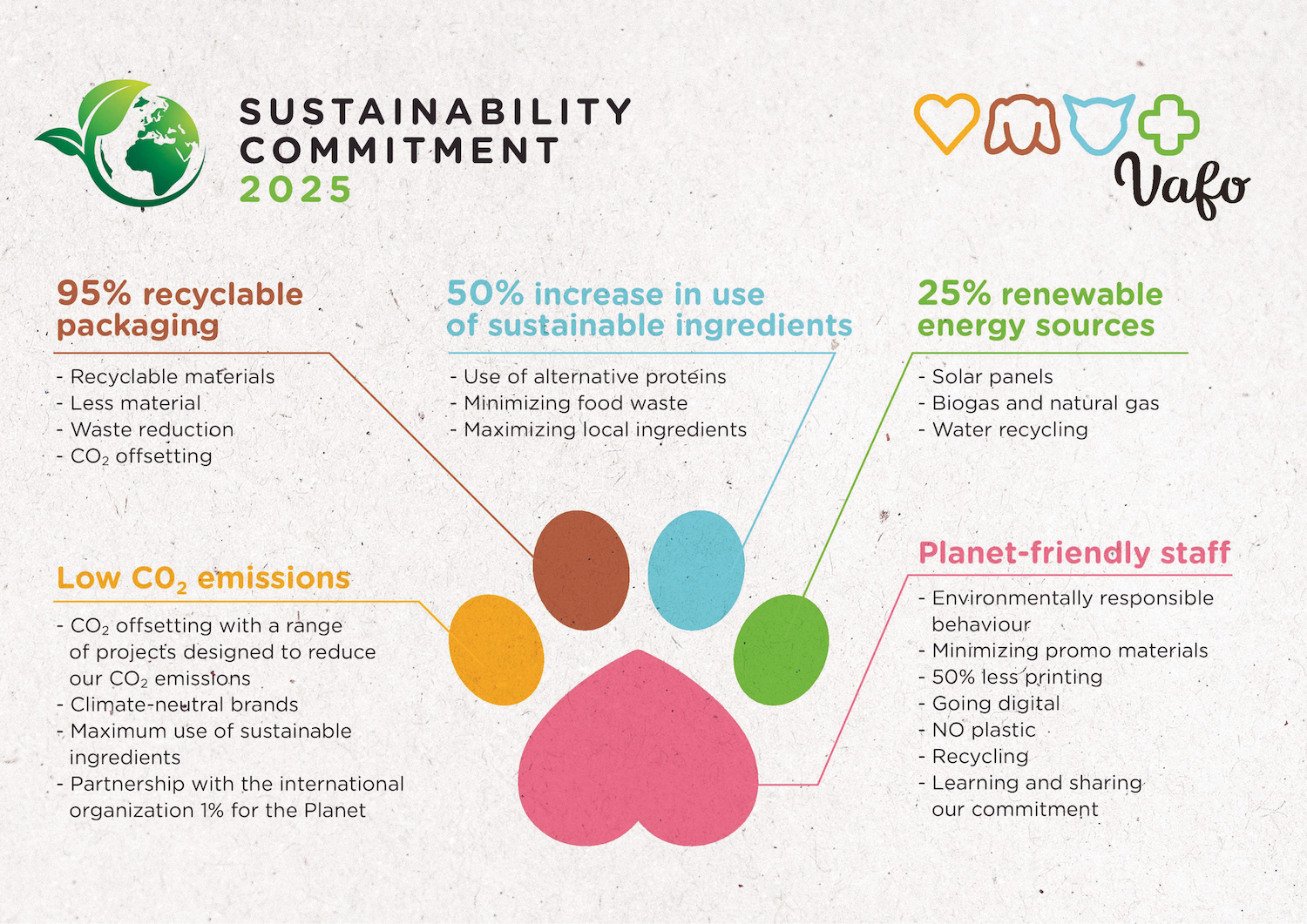






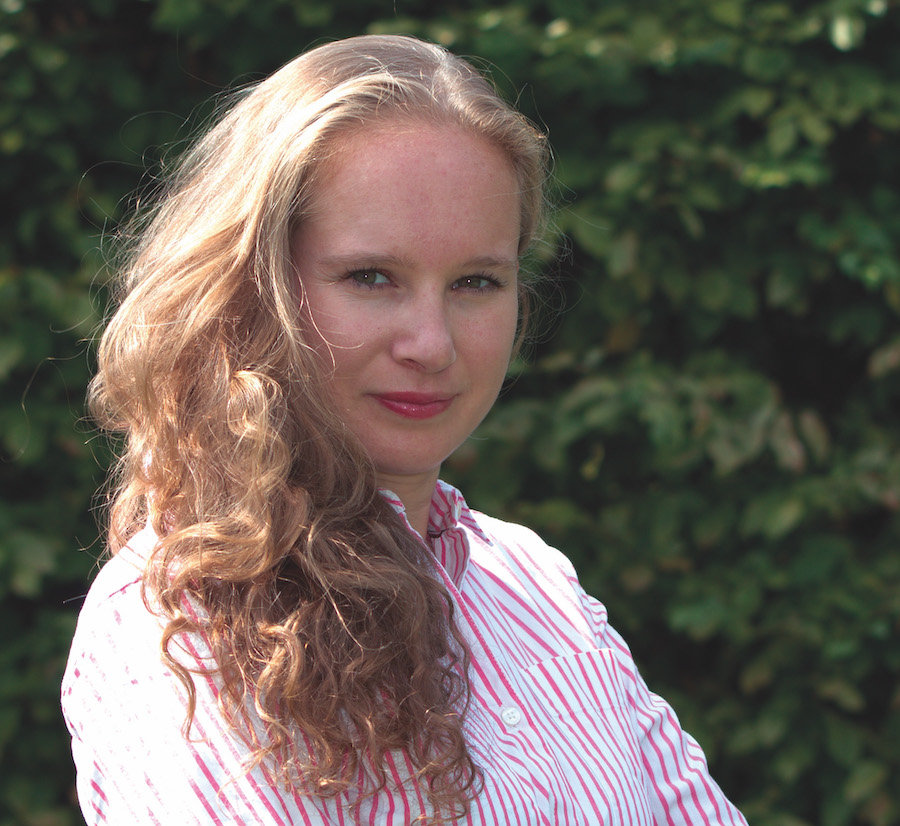
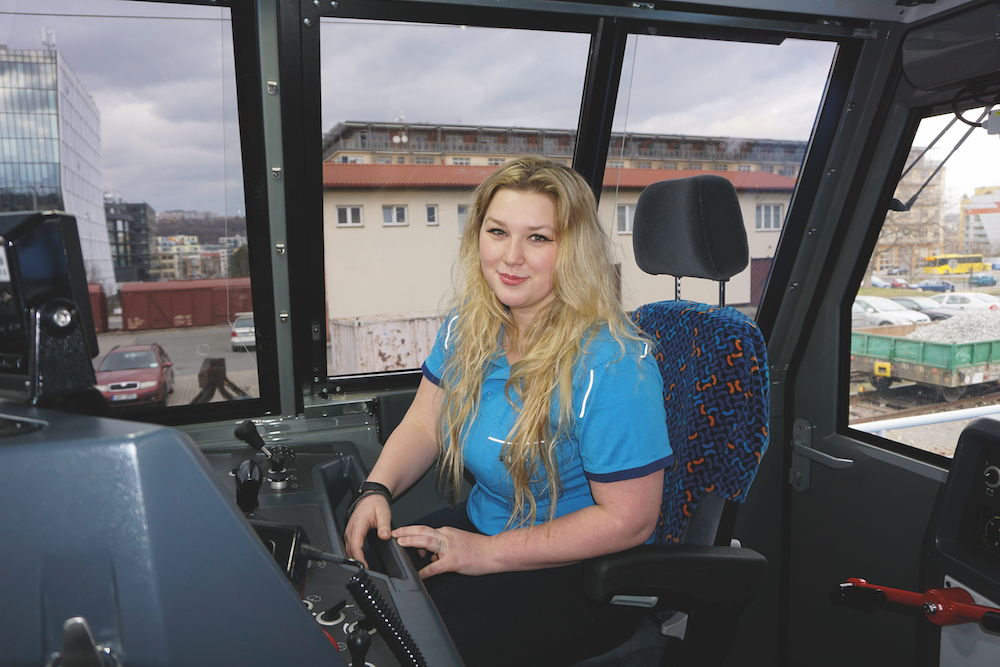
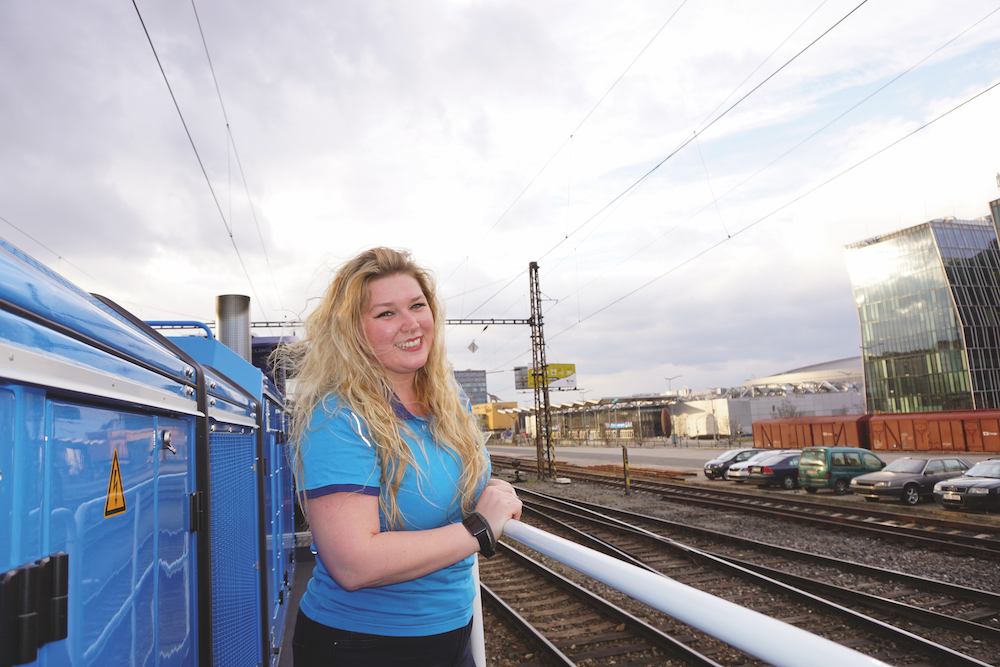
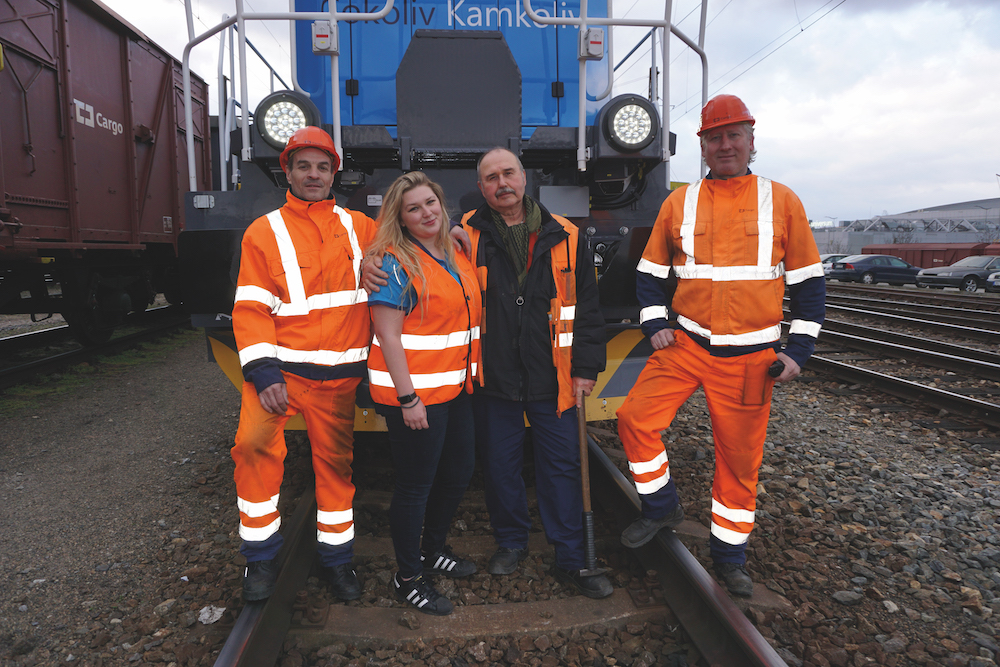
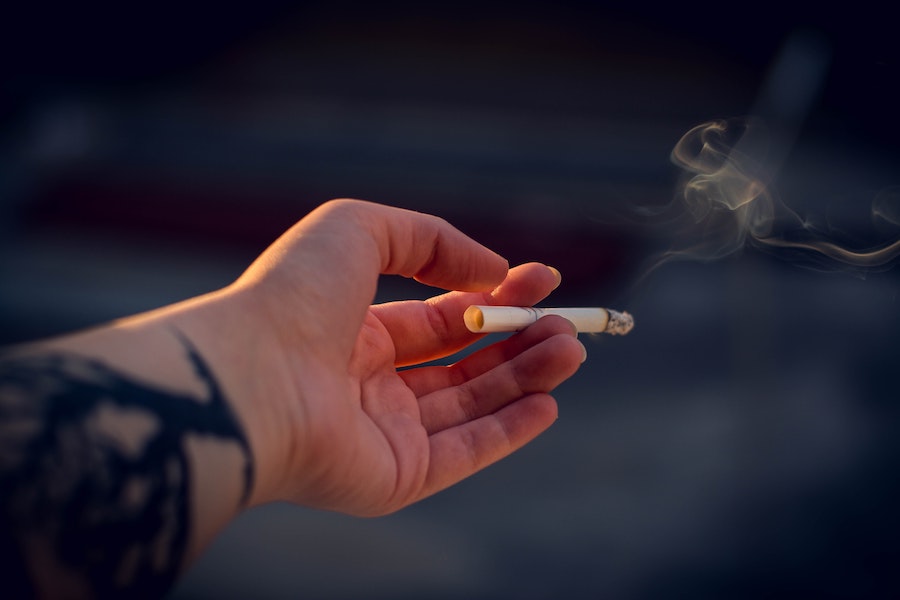
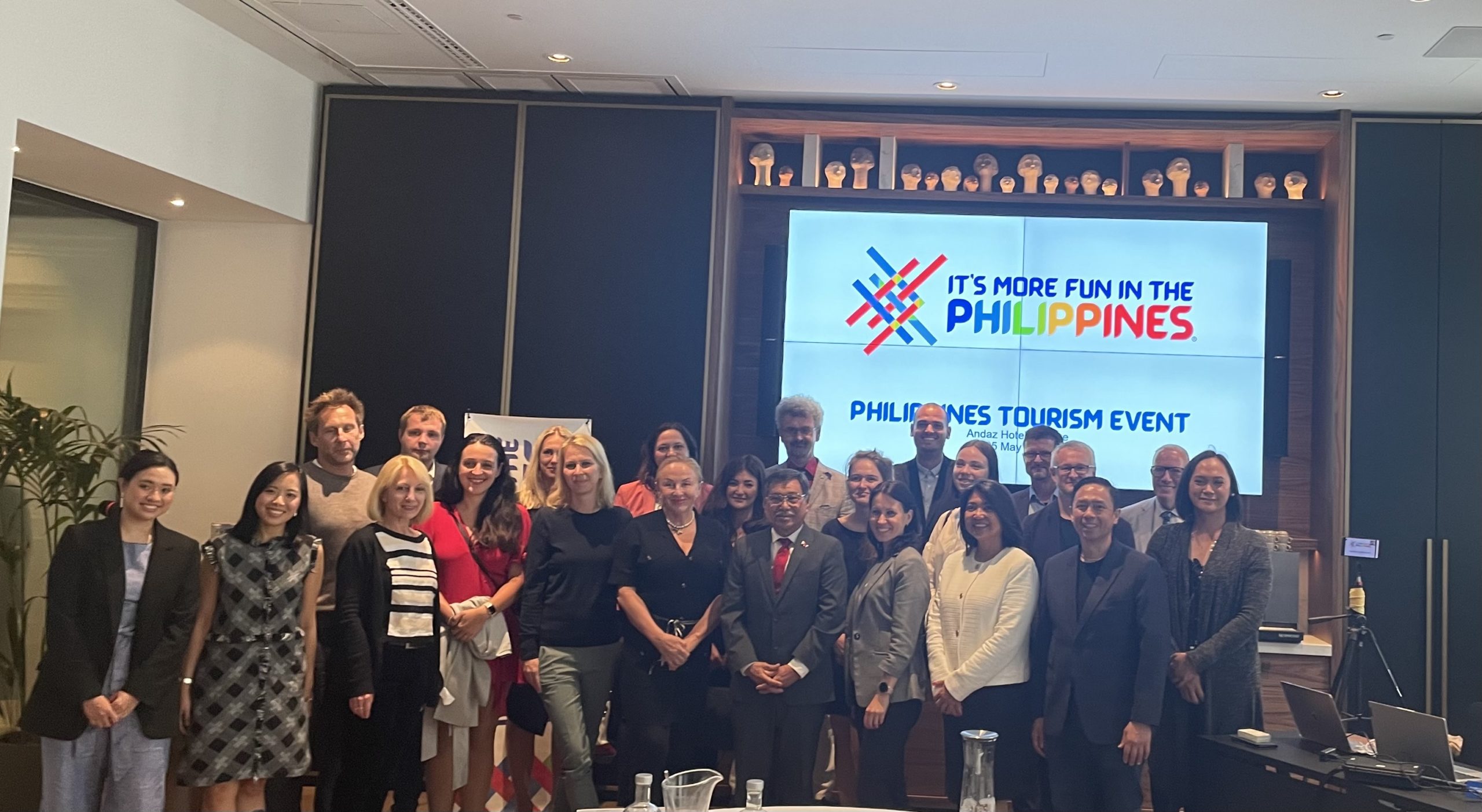






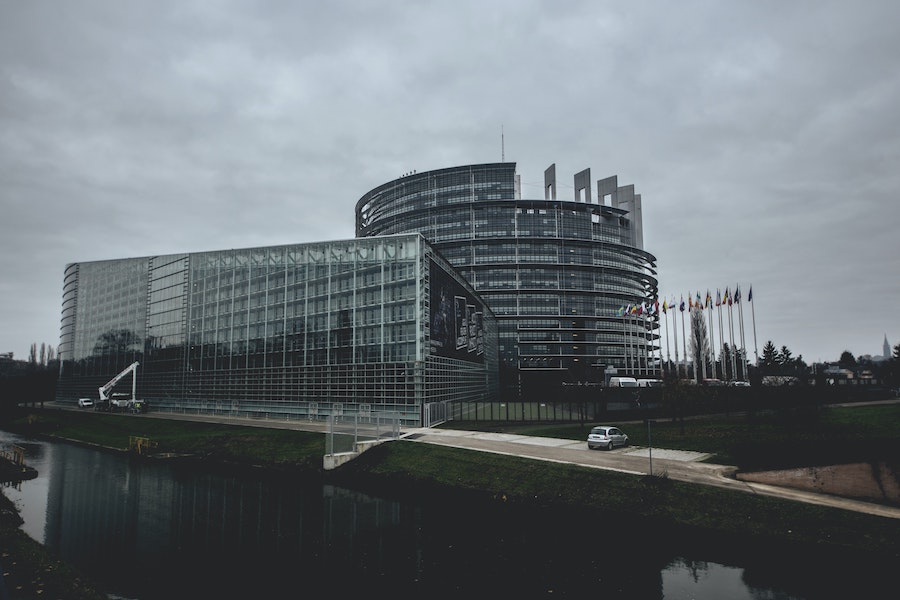






 Dr J Scott Younger, OBE, is a professional civil engineer; he spent 42 years in the Far East undertaking assignments in 10 countries for WB, ADB, UNDP. He published many papers; he was a columnist for Forbes Indonesia and Globe Asia. He served on British & European Chamber boards and was a Vice Chair of Int’l Business Chamber for 17 years. His expertise is infrastructure and sustainable development and he takes an interest in international affairs. He is an International Chancellor of the President University, Indonesia. He is a member of IFIMES Advisory Board. Lived and worked in Thailand from 1978 to 1983 and visited Burma, Bangladesh and Nepal for projects.
Dr J Scott Younger, OBE, is a professional civil engineer; he spent 42 years in the Far East undertaking assignments in 10 countries for WB, ADB, UNDP. He published many papers; he was a columnist for Forbes Indonesia and Globe Asia. He served on British & European Chamber boards and was a Vice Chair of Int’l Business Chamber for 17 years. His expertise is infrastructure and sustainable development and he takes an interest in international affairs. He is an International Chancellor of the President University, Indonesia. He is a member of IFIMES Advisory Board. Lived and worked in Thailand from 1978 to 1983 and visited Burma, Bangladesh and Nepal for projects.


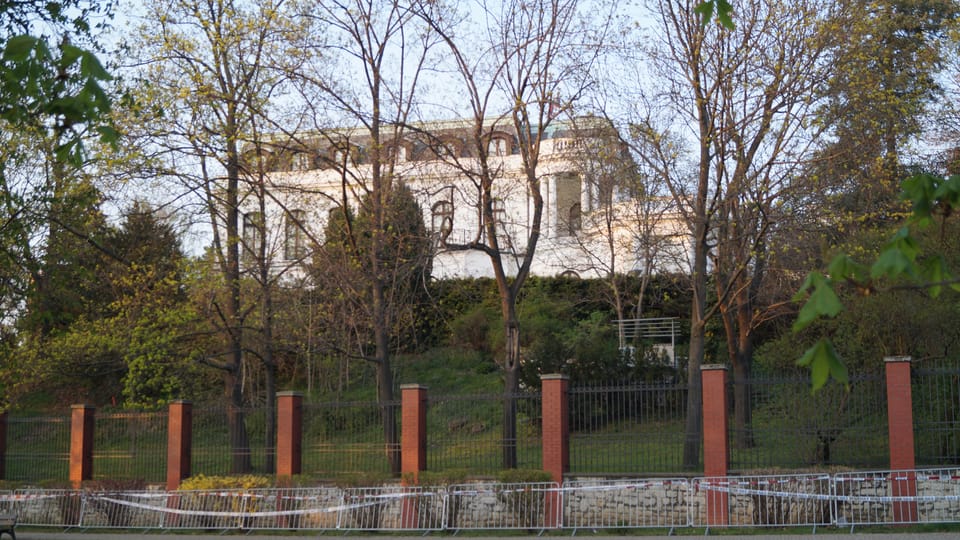

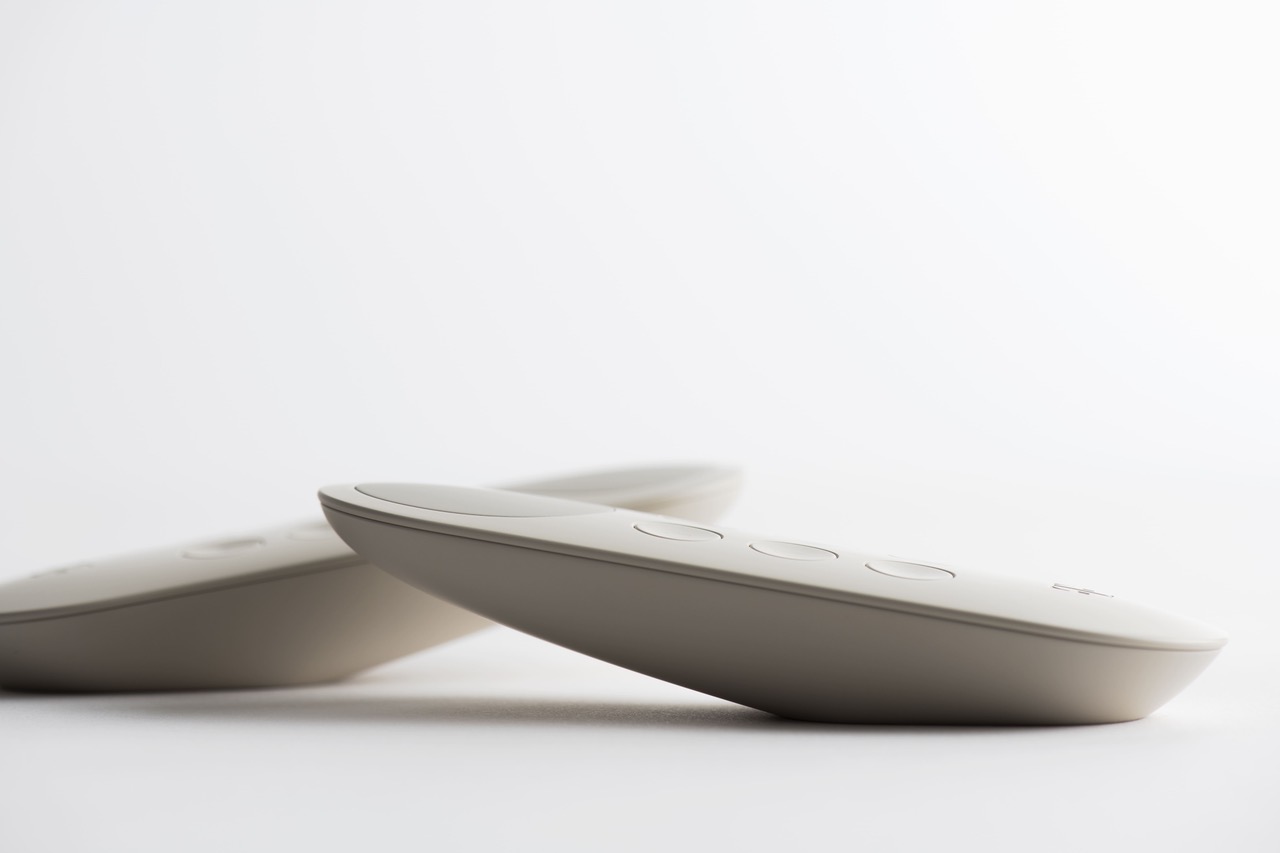

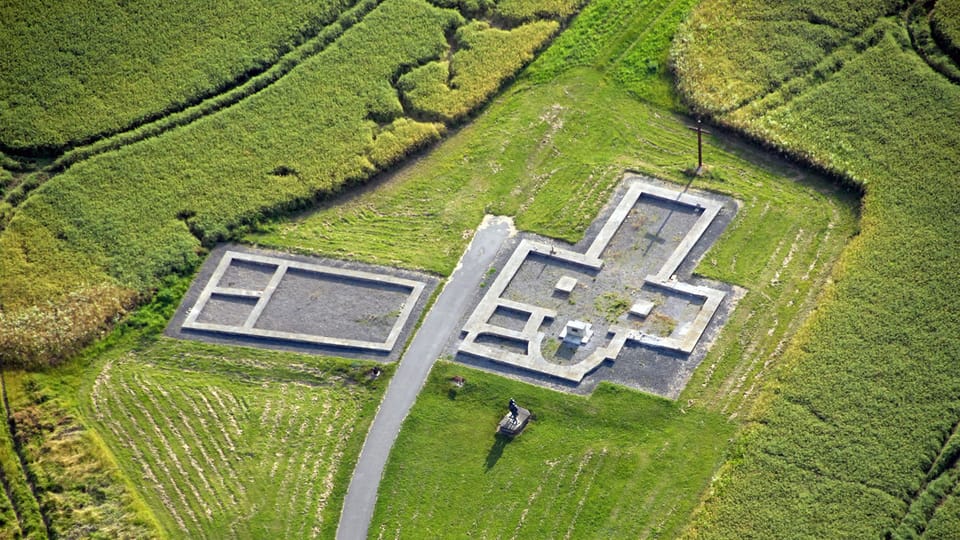
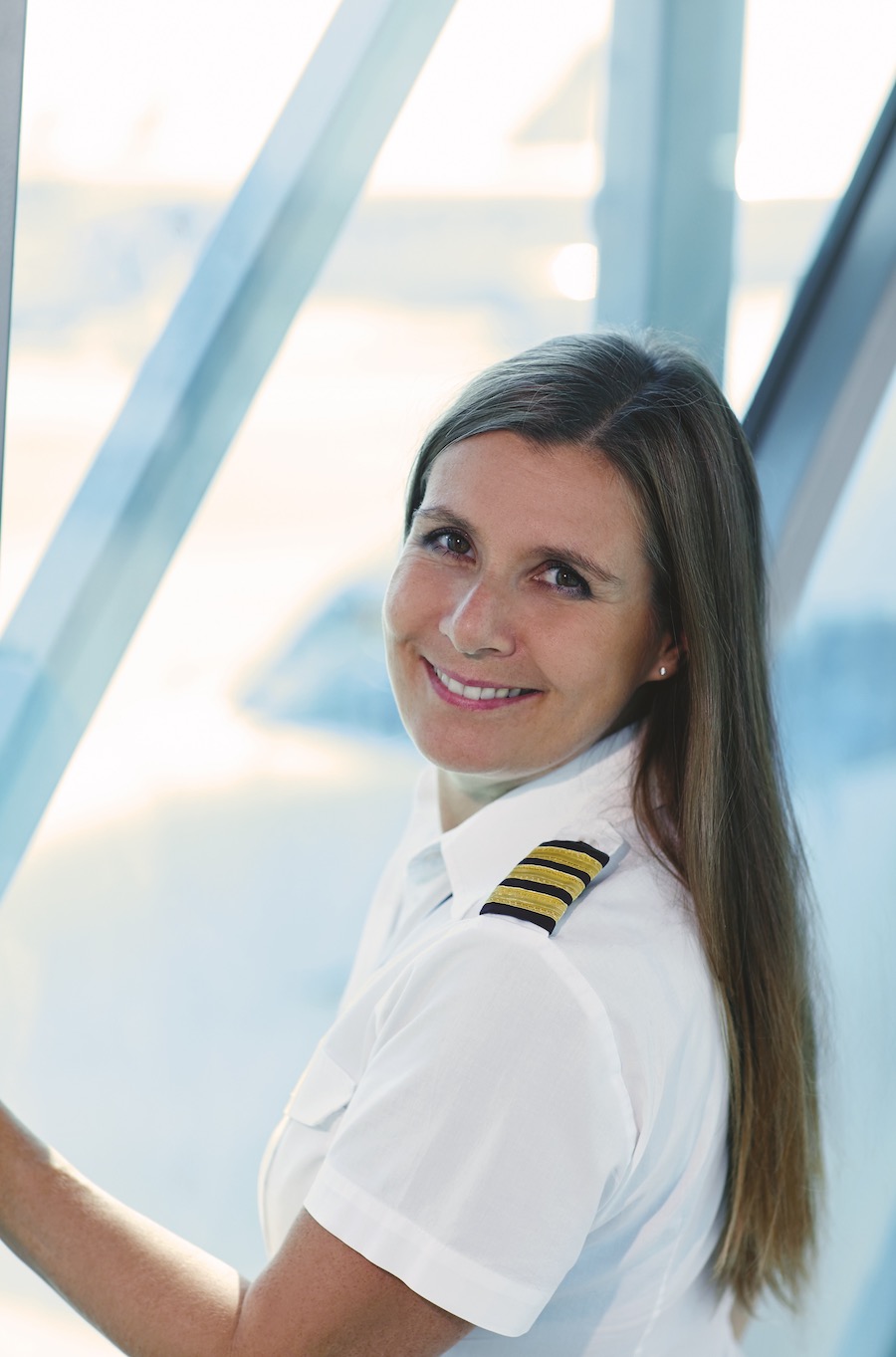




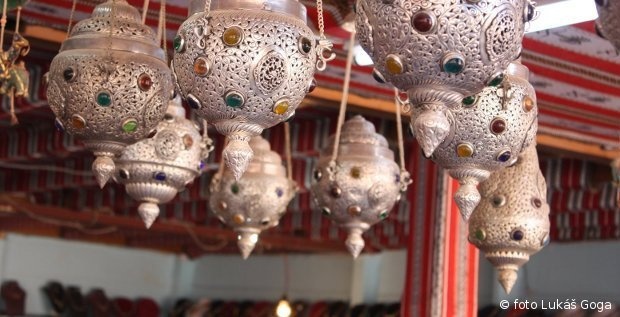
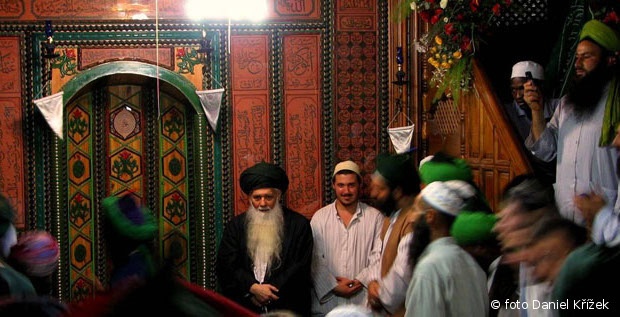
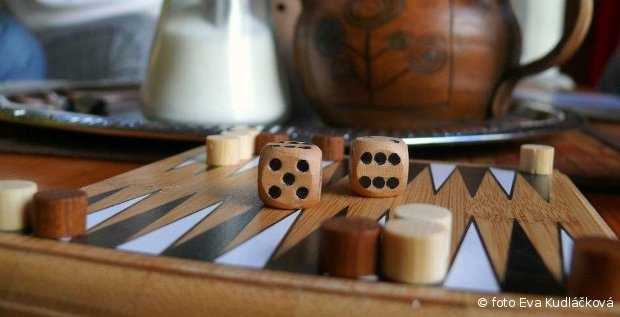
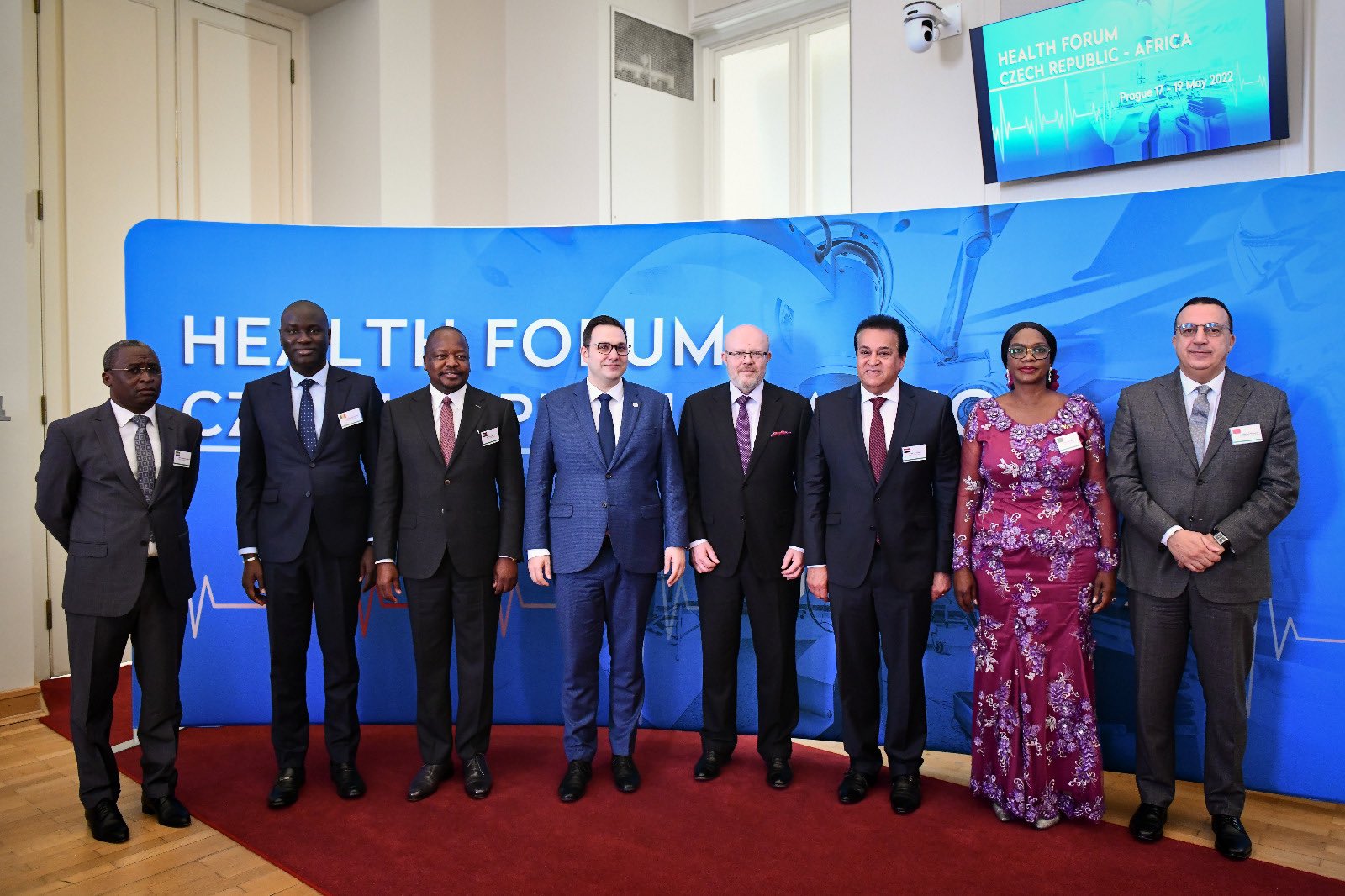
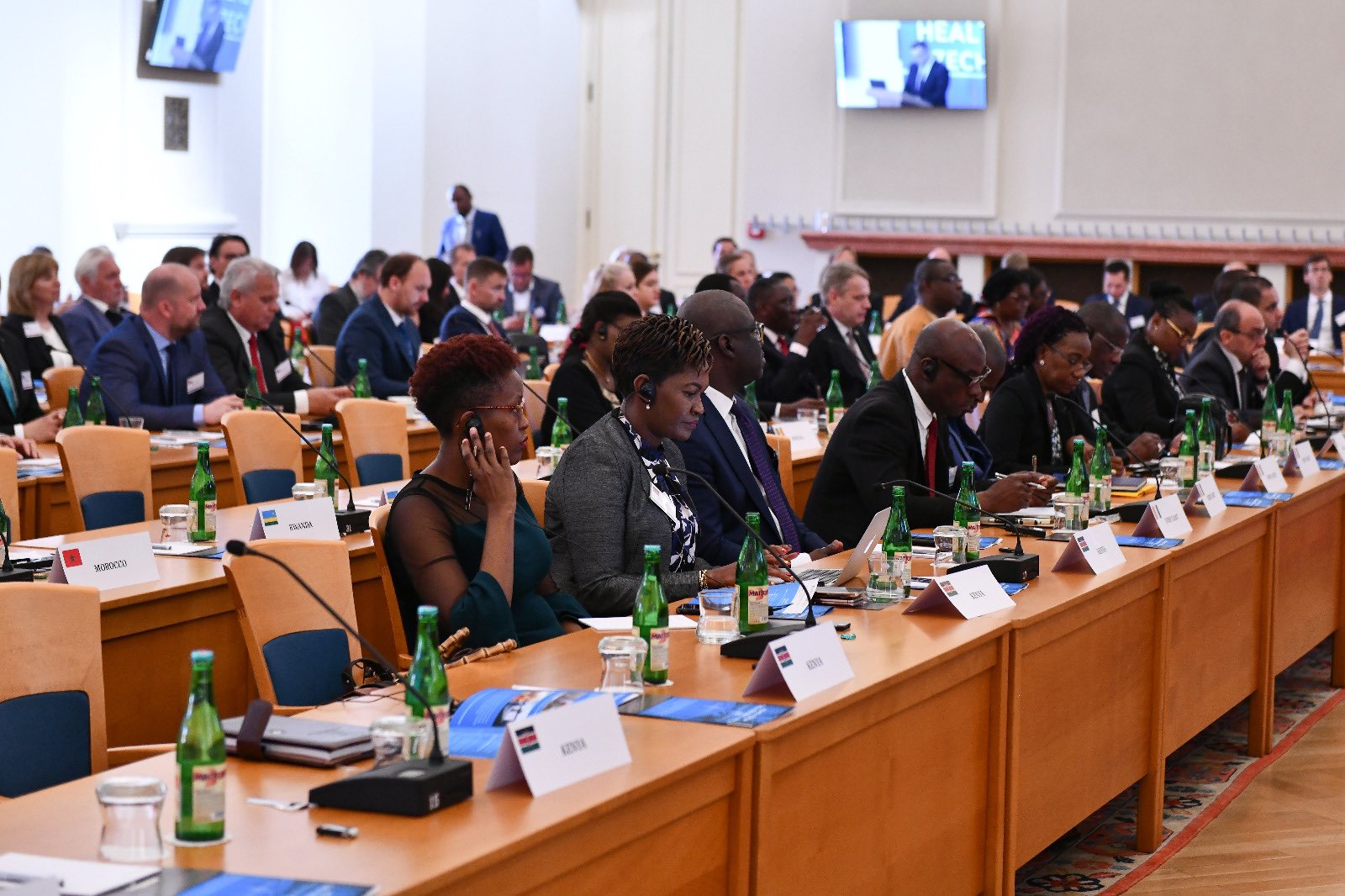
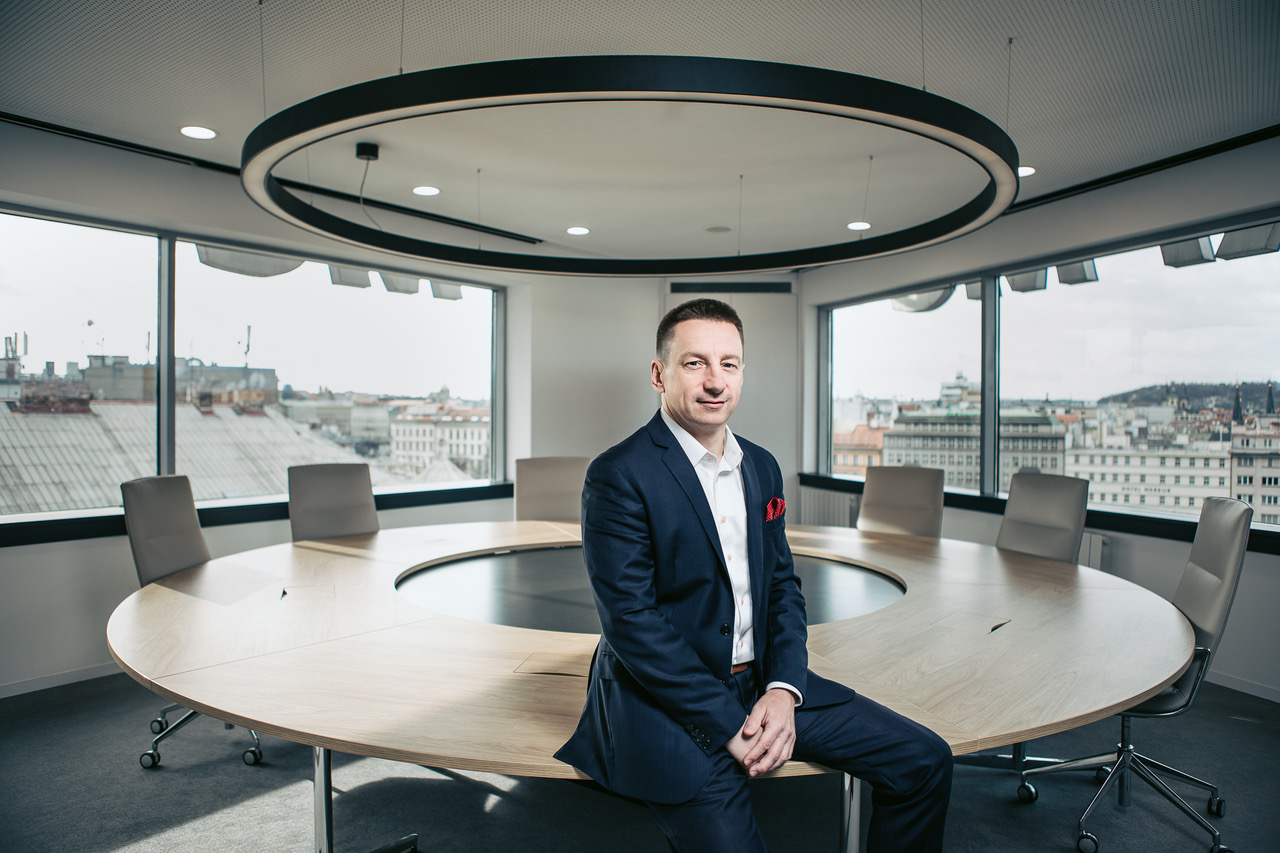

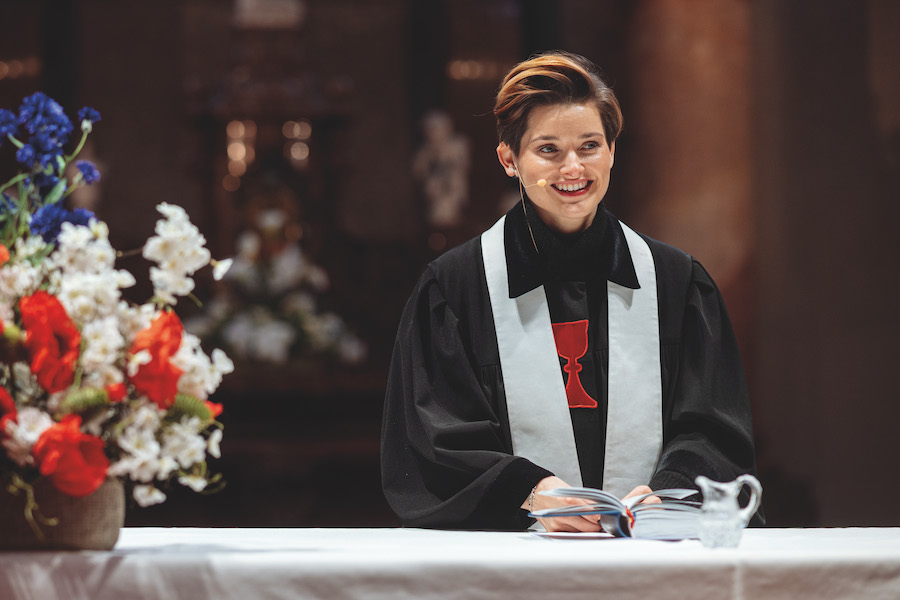
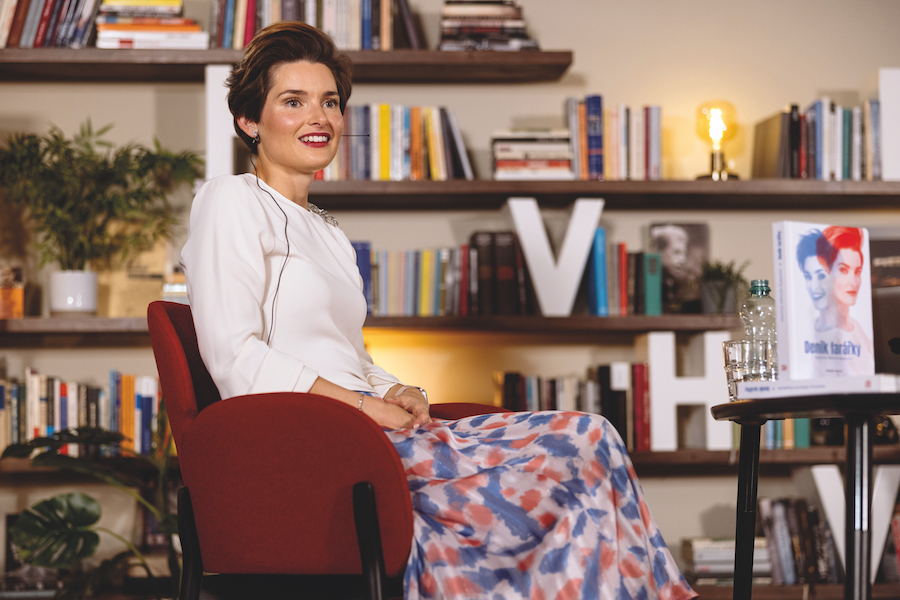
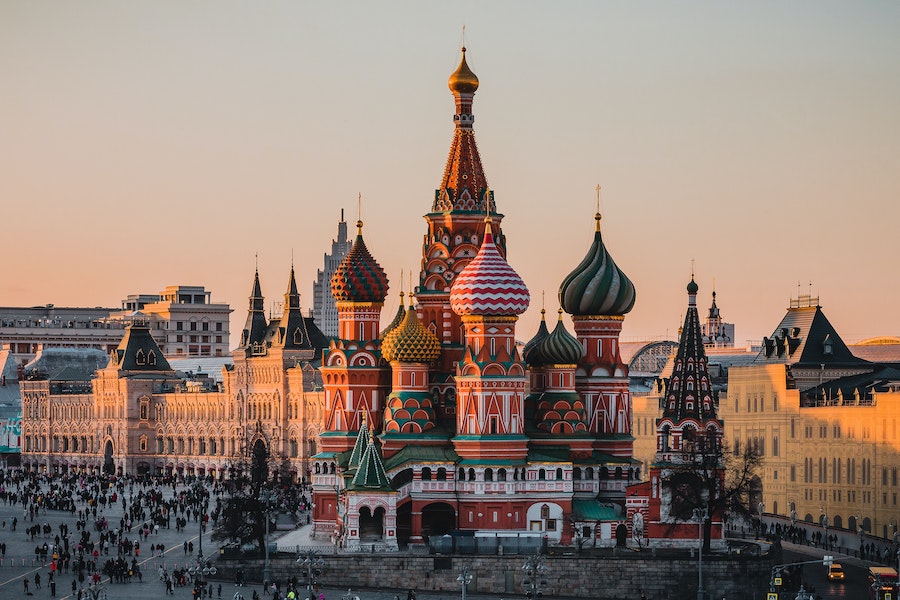
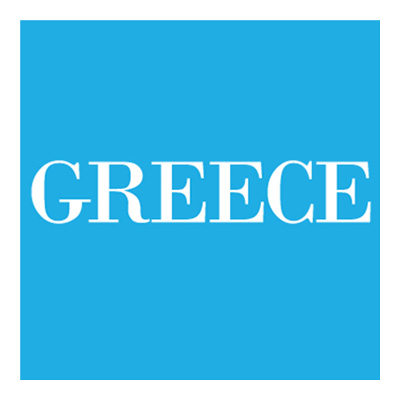
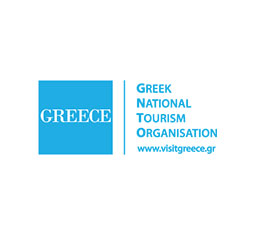
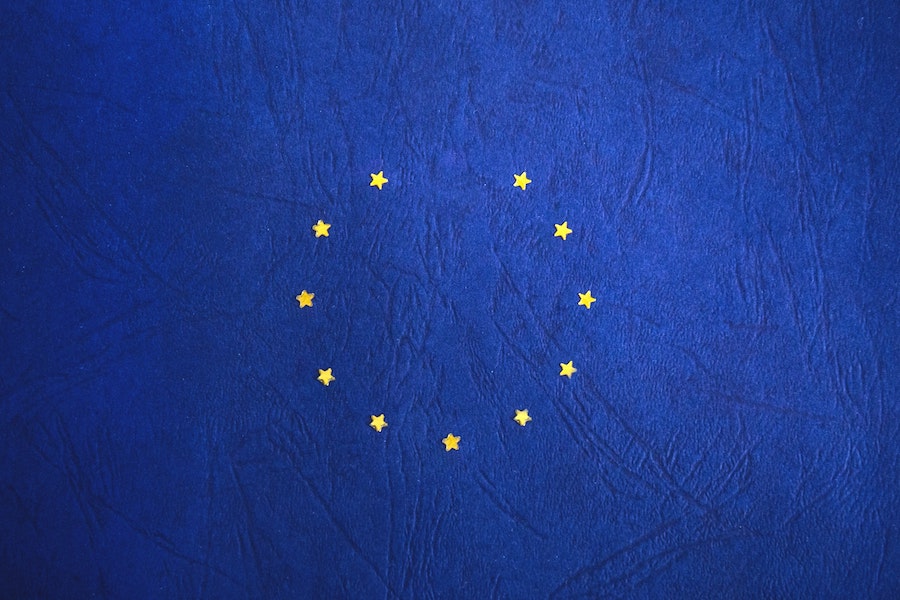

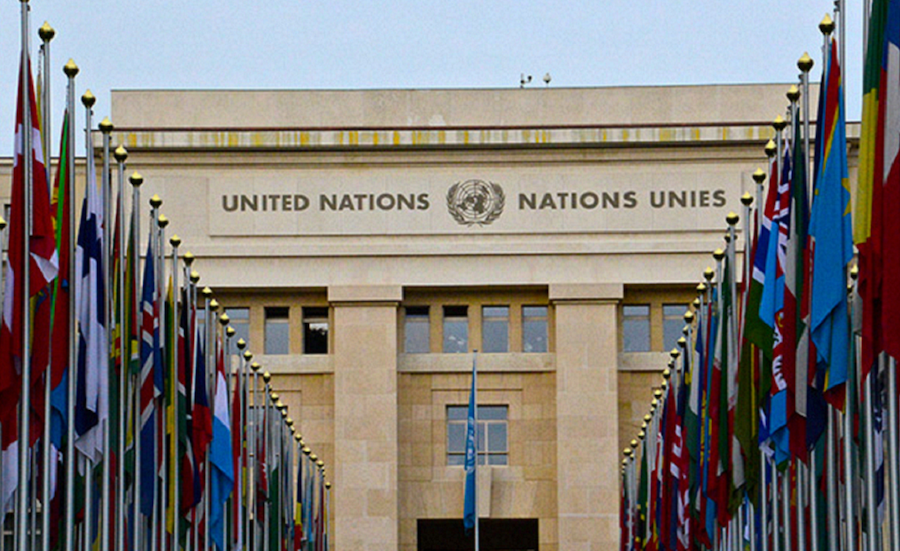

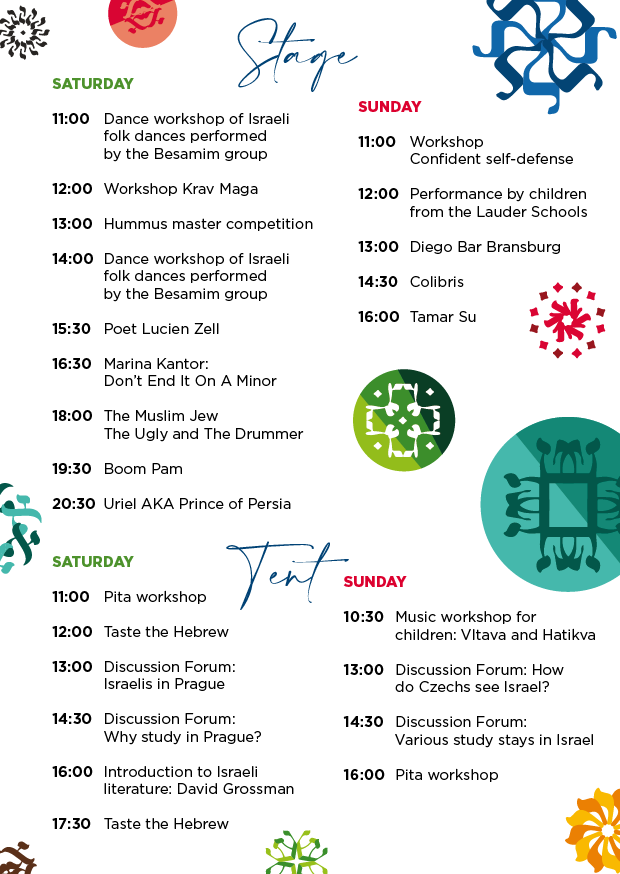






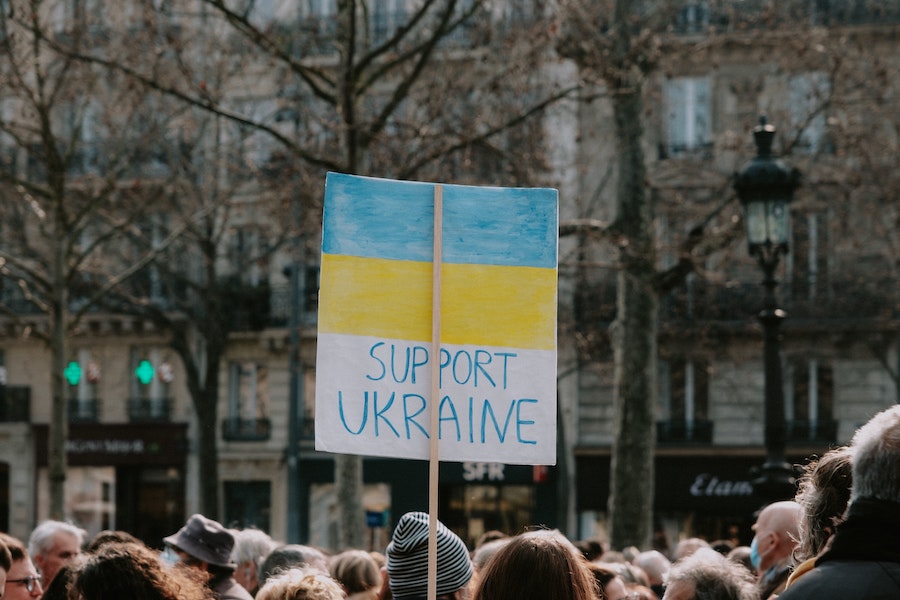
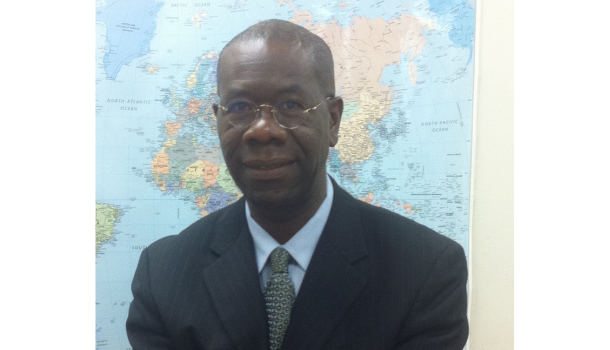 Written by:
Written by: